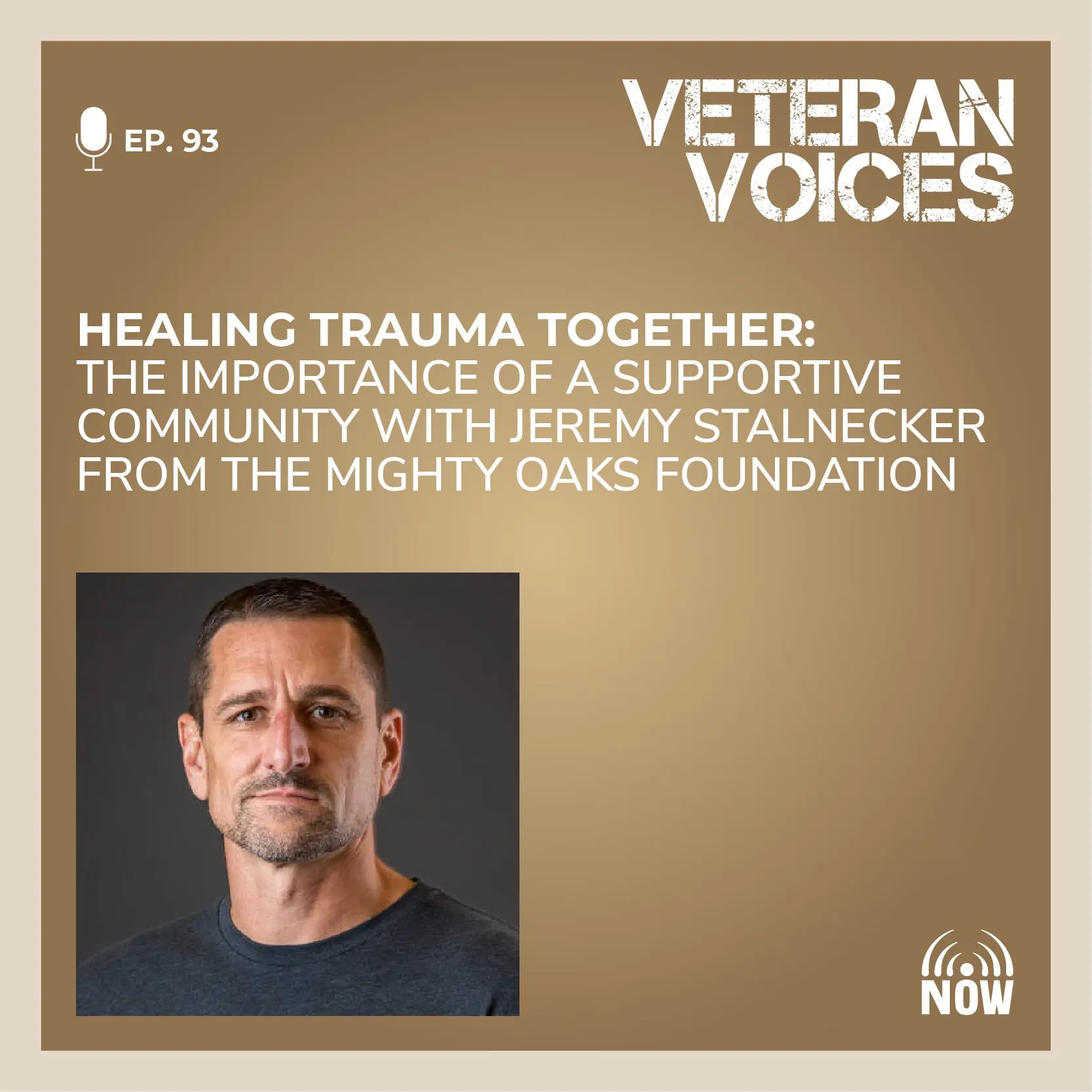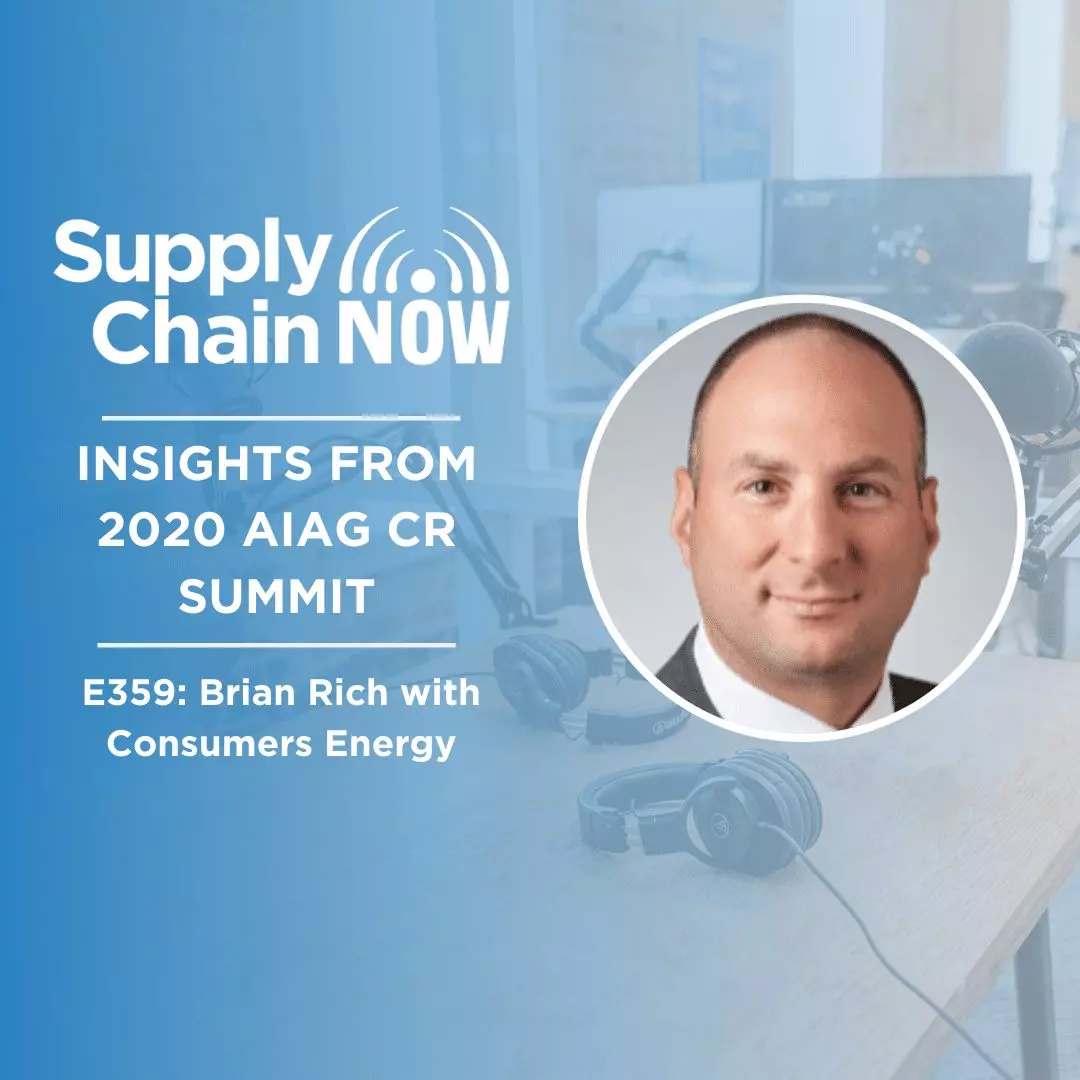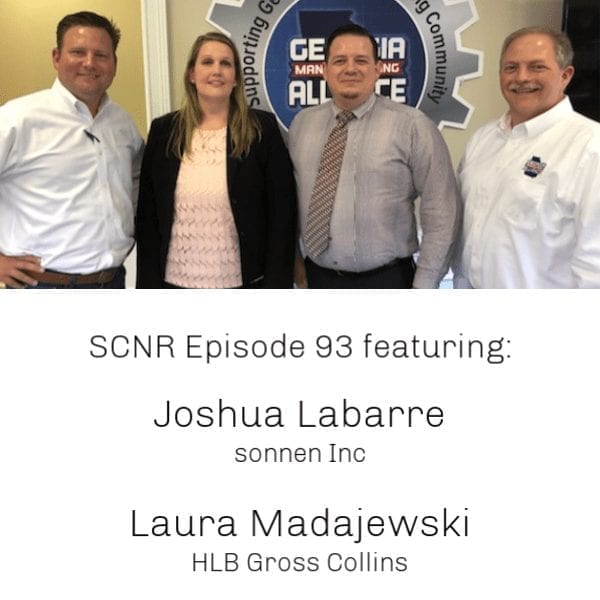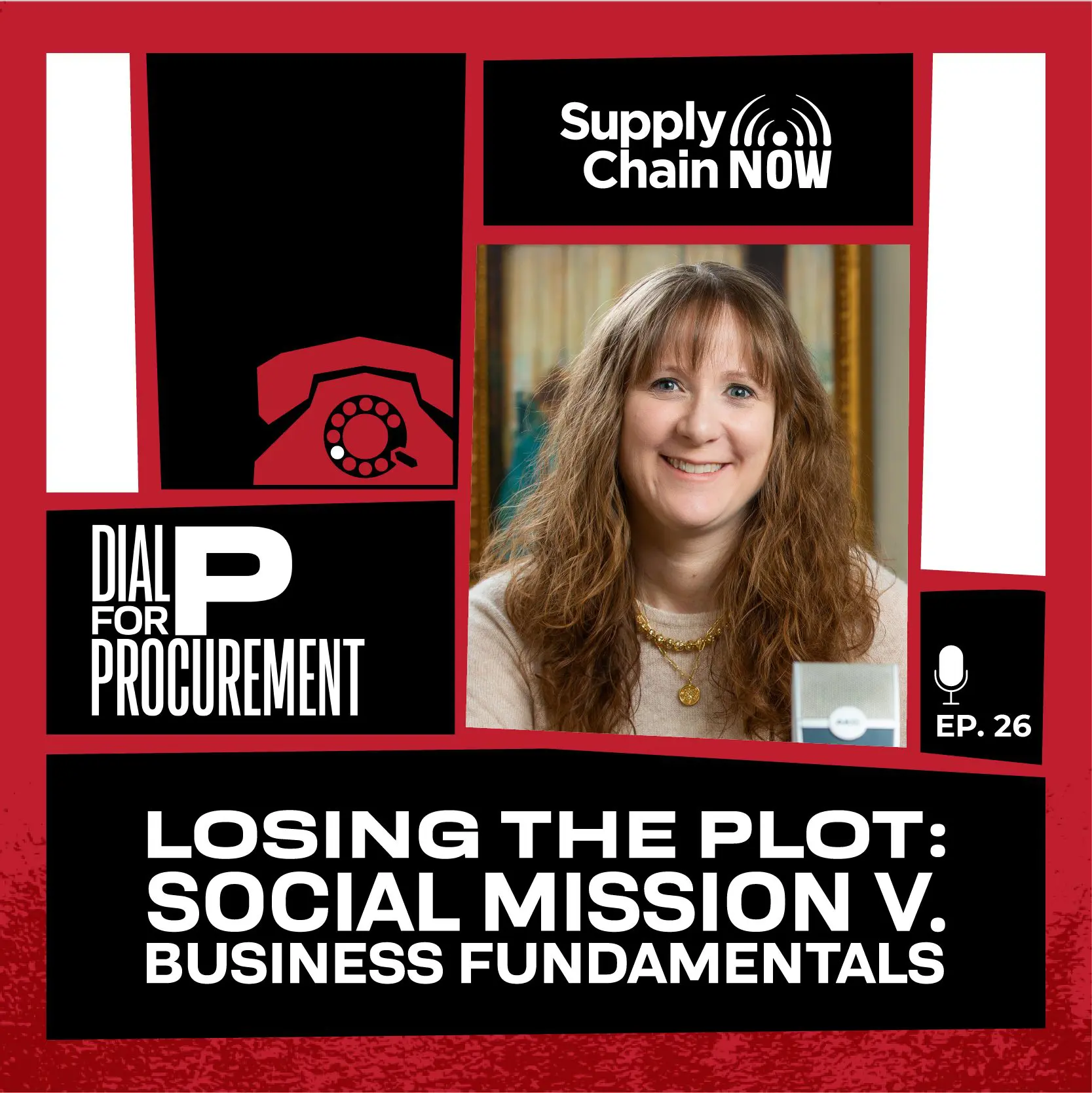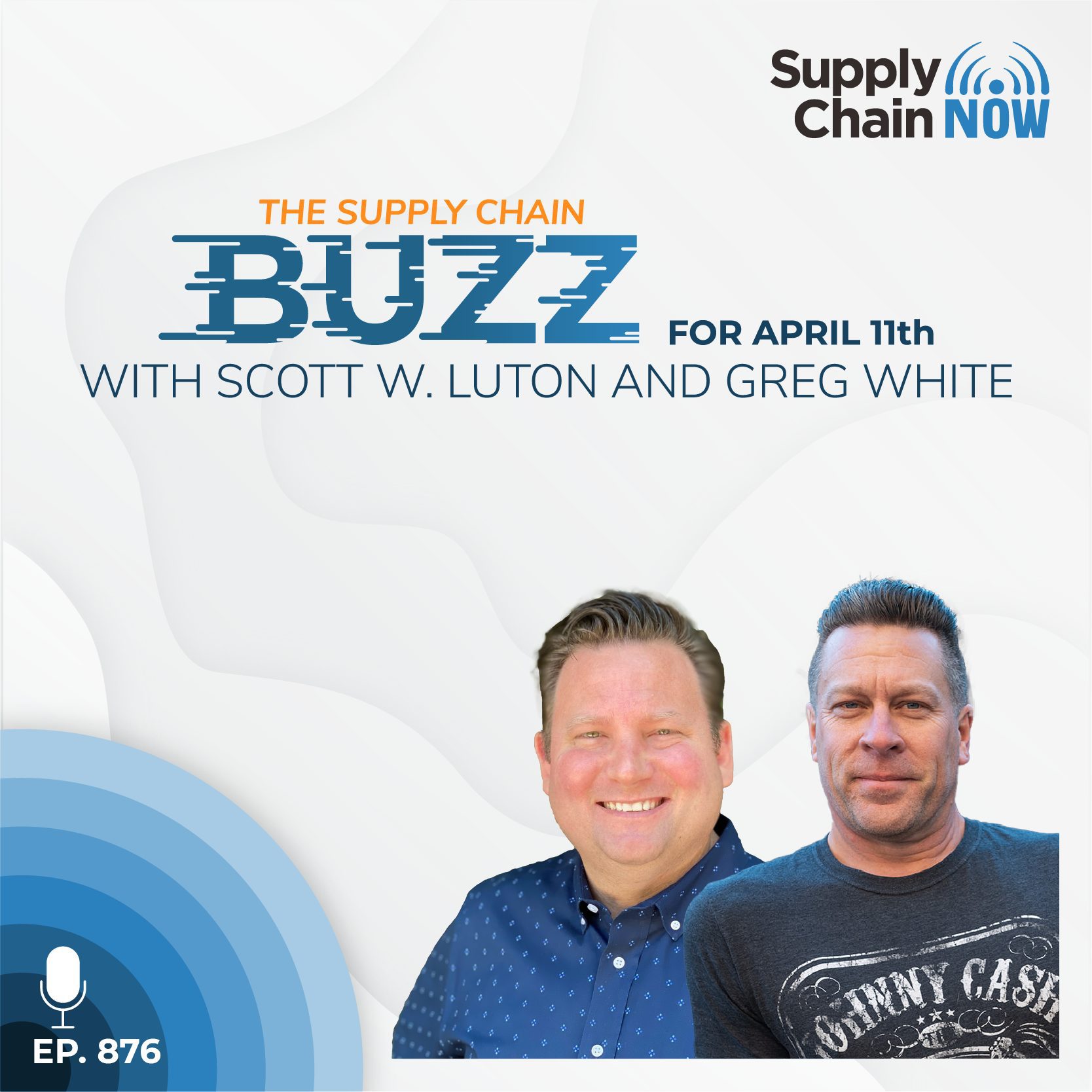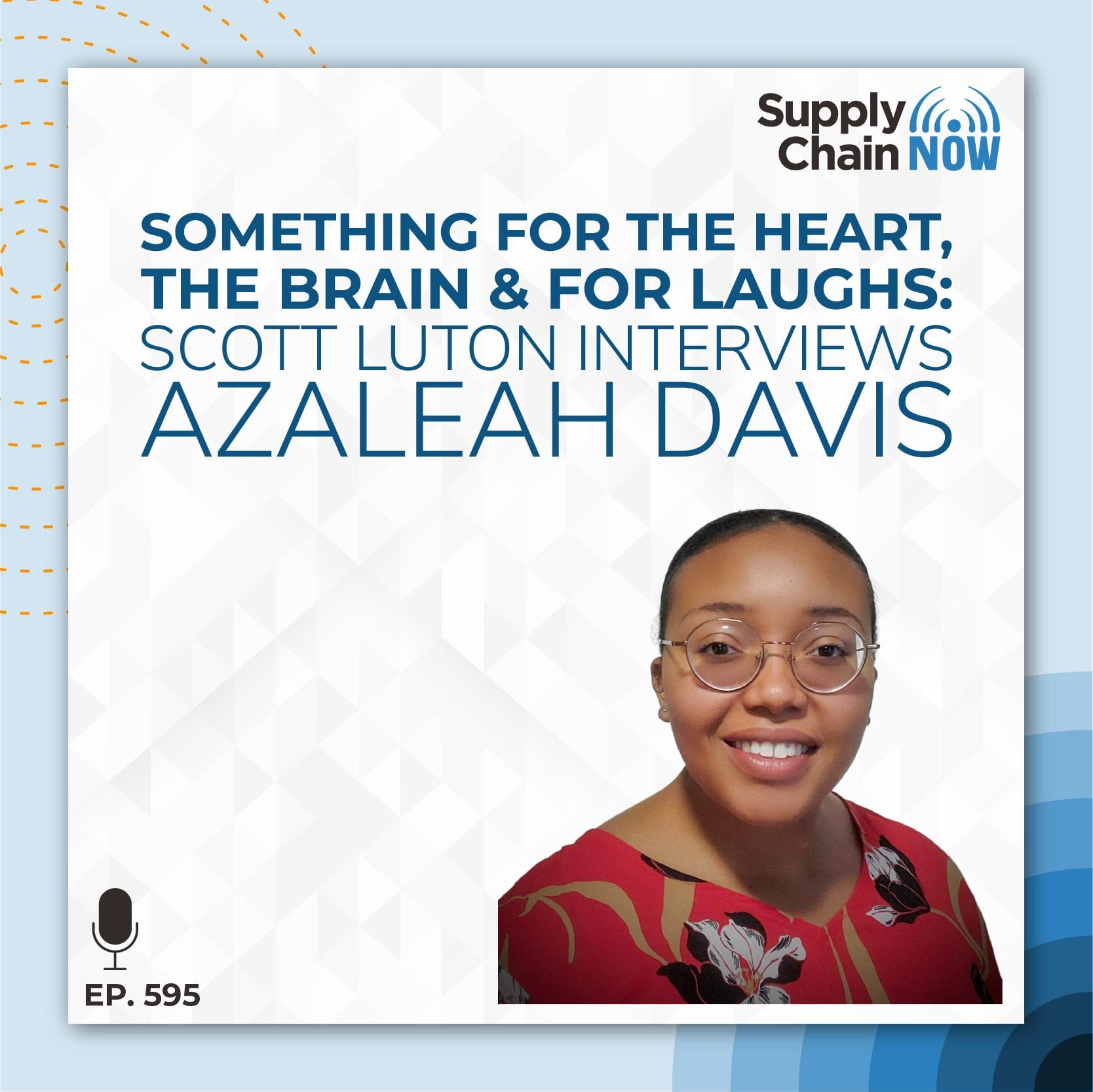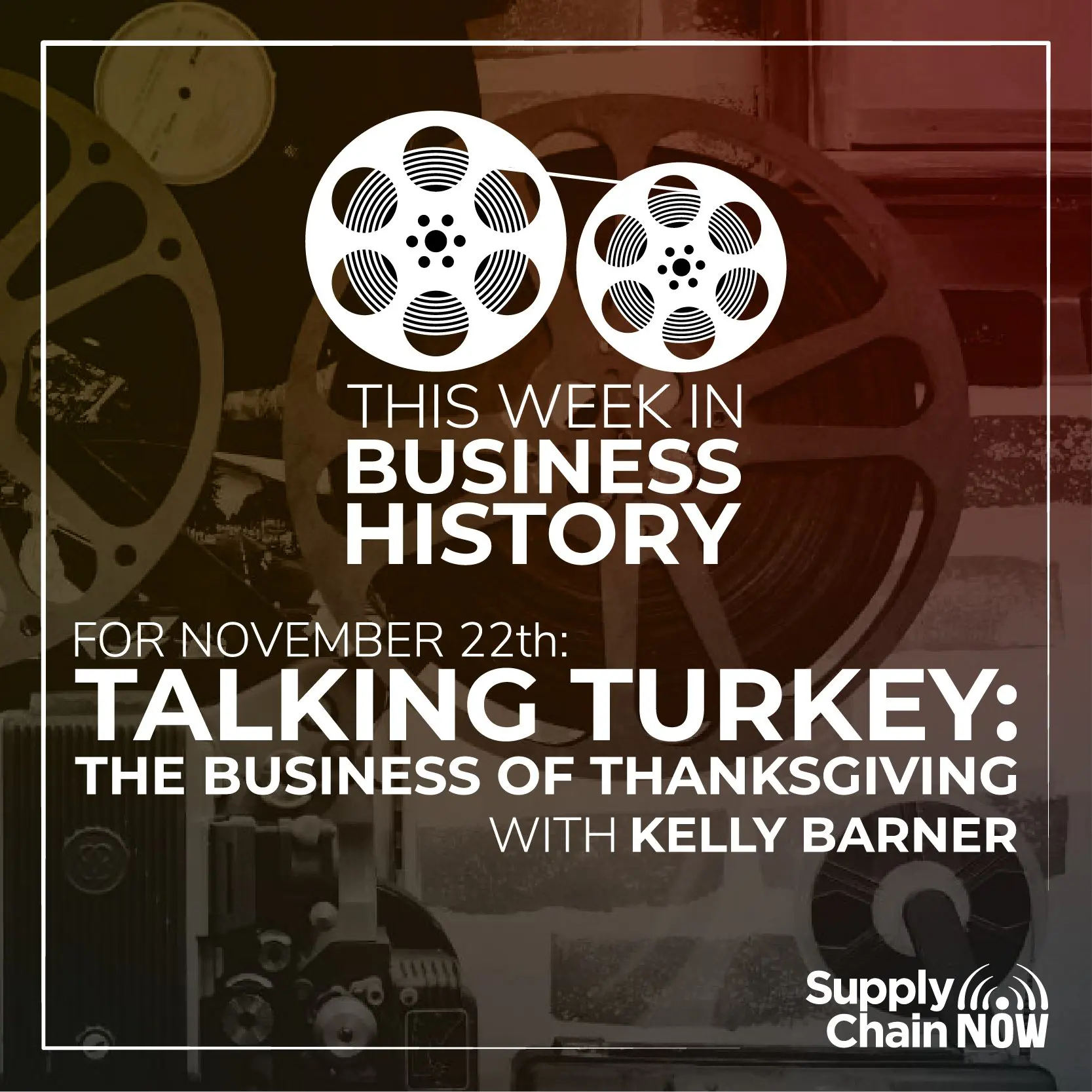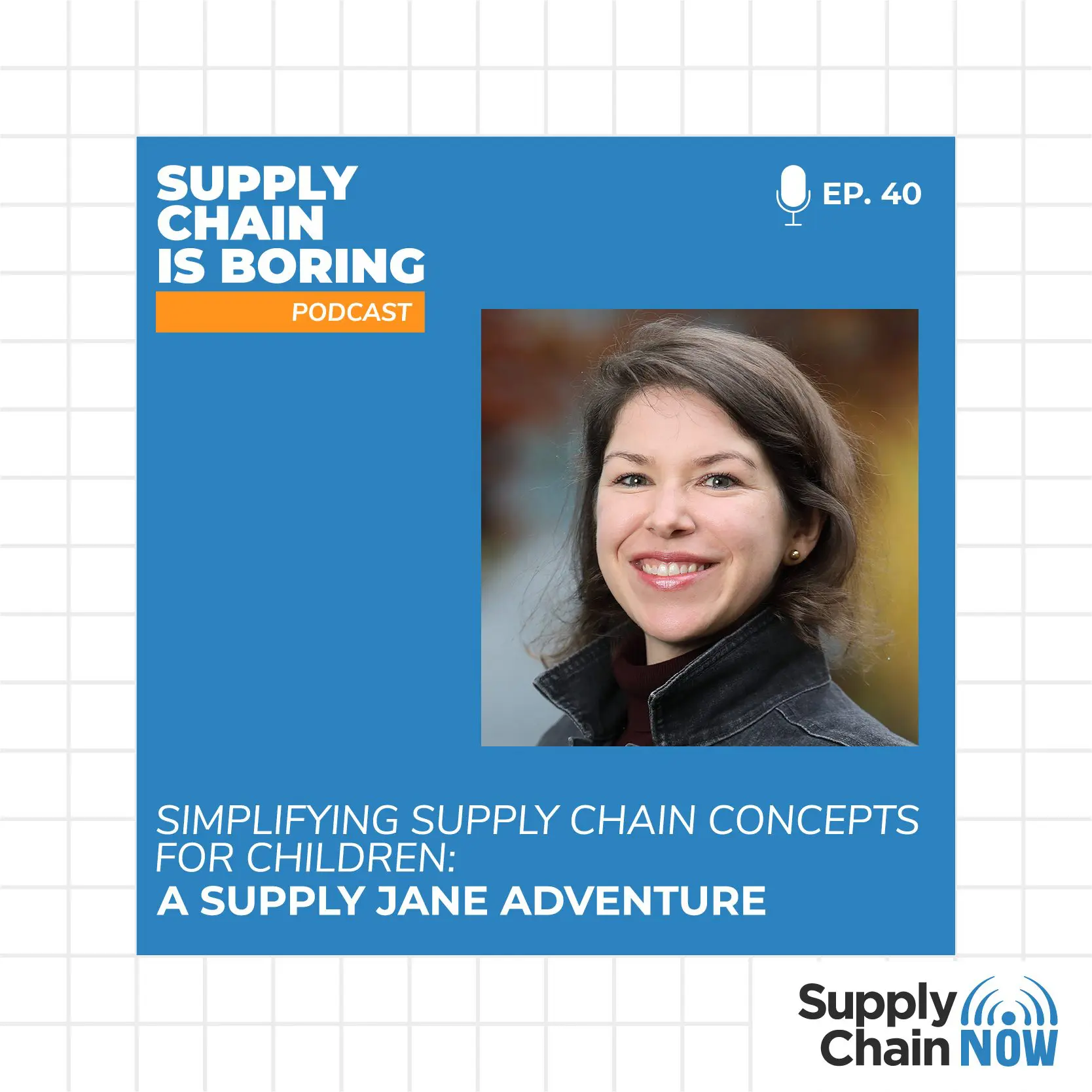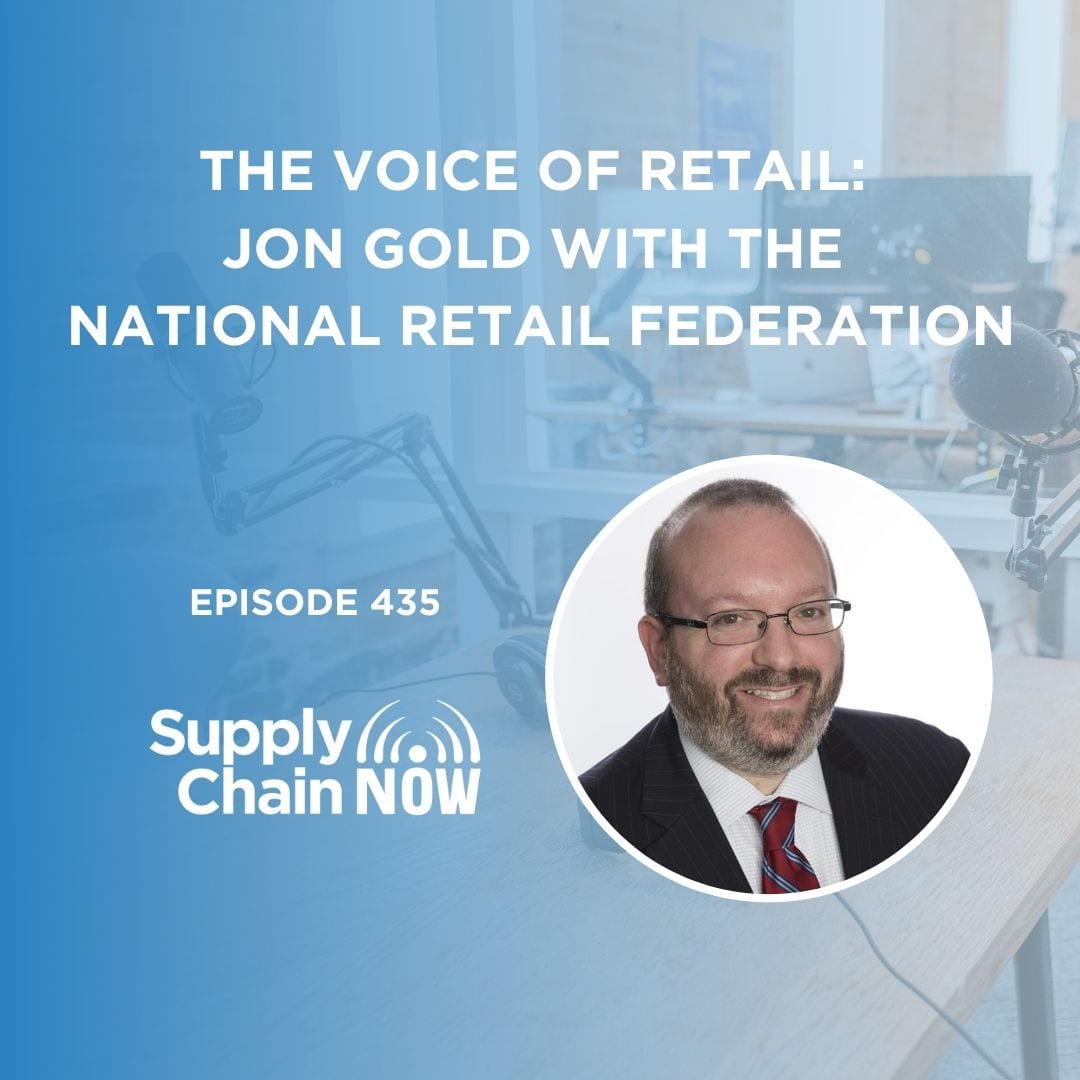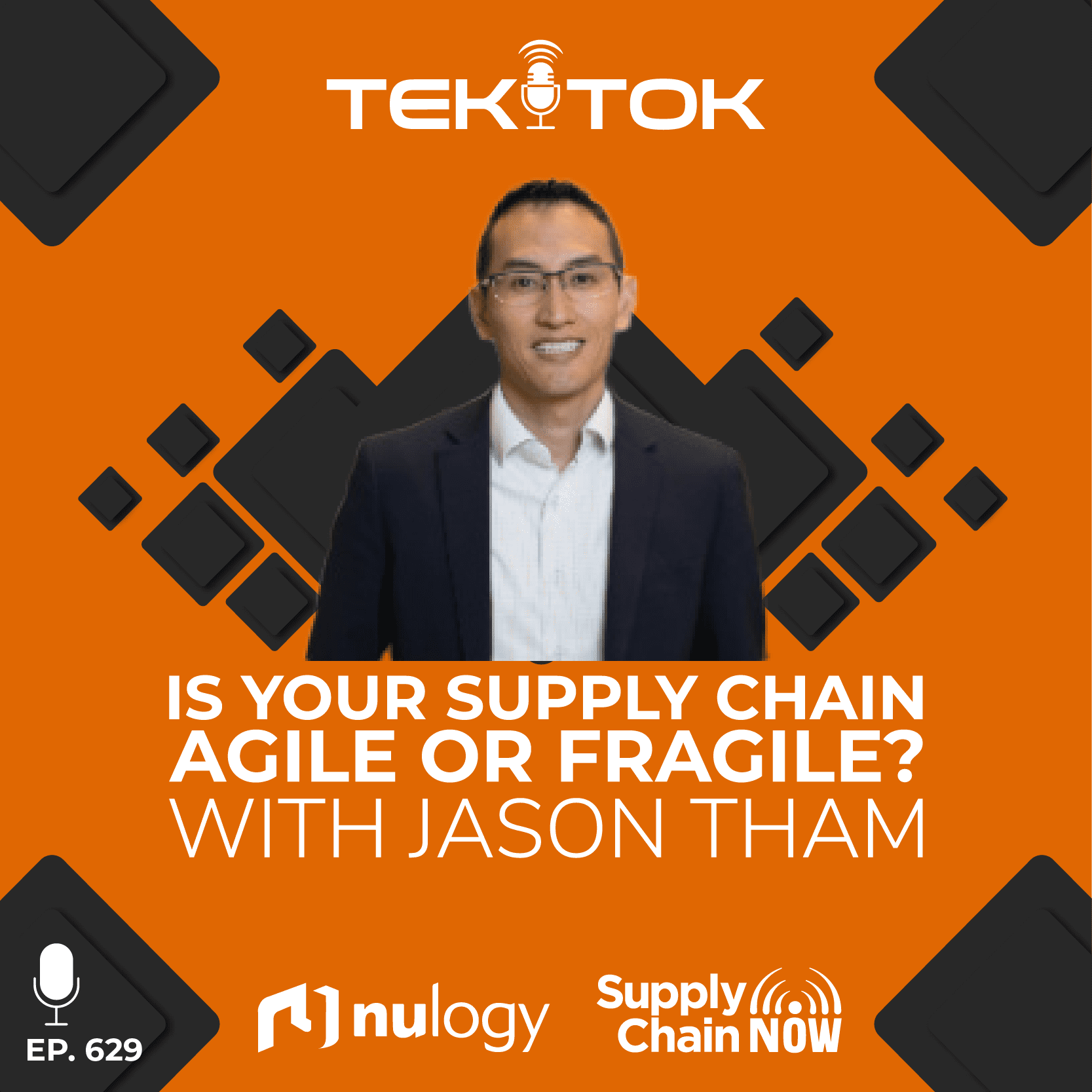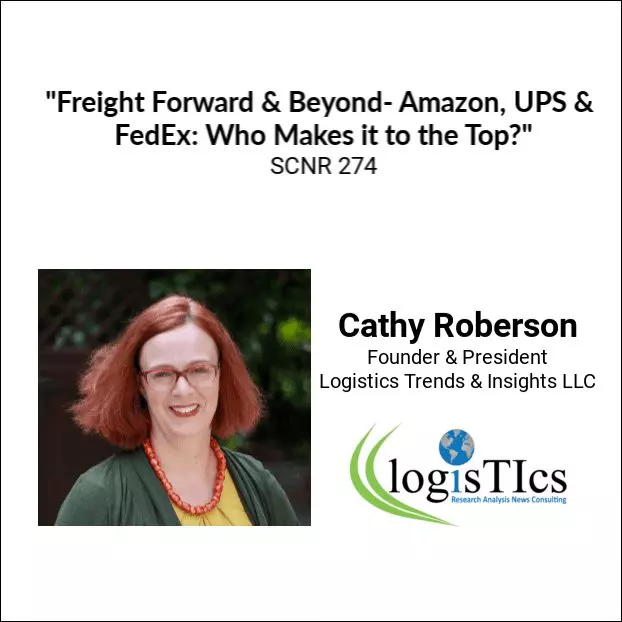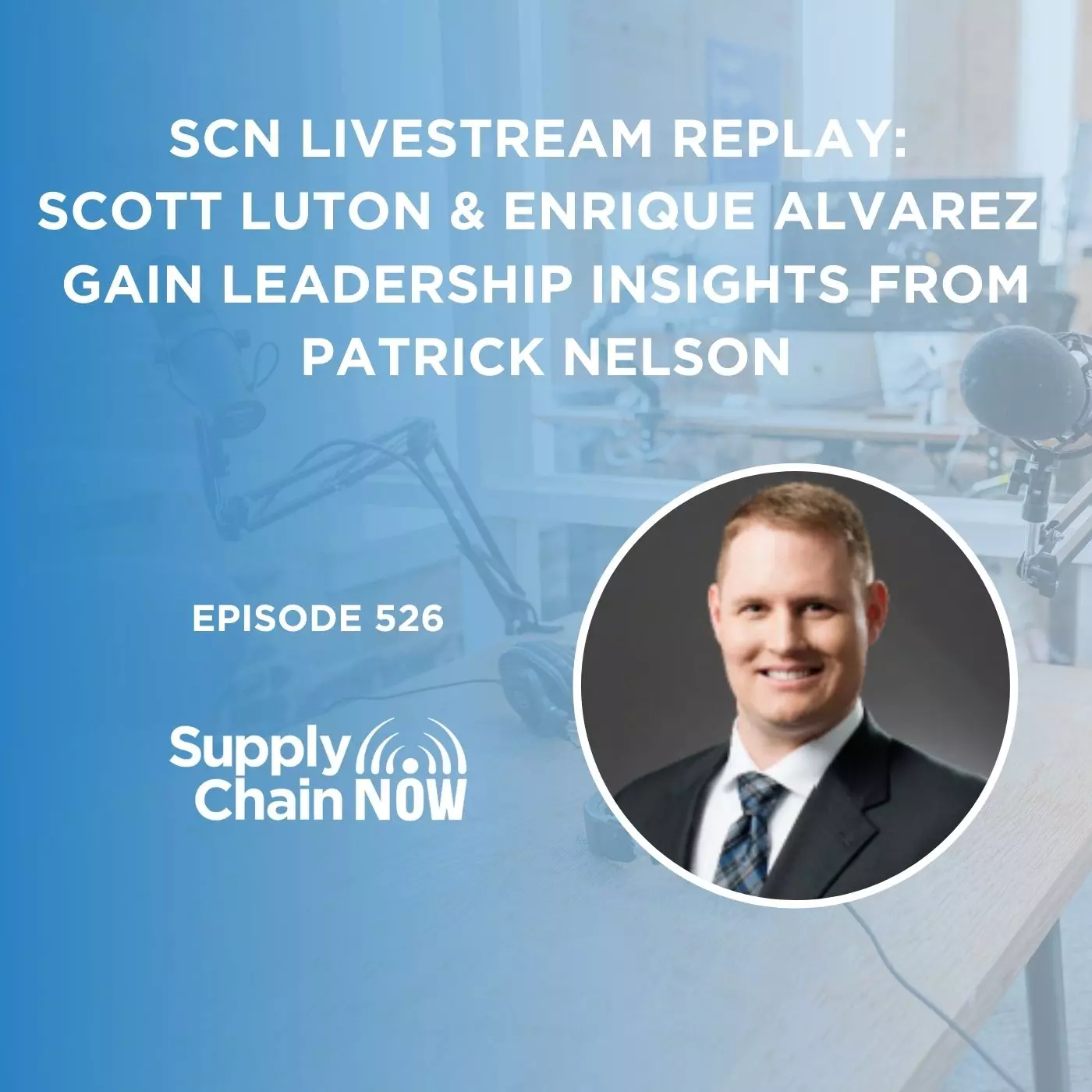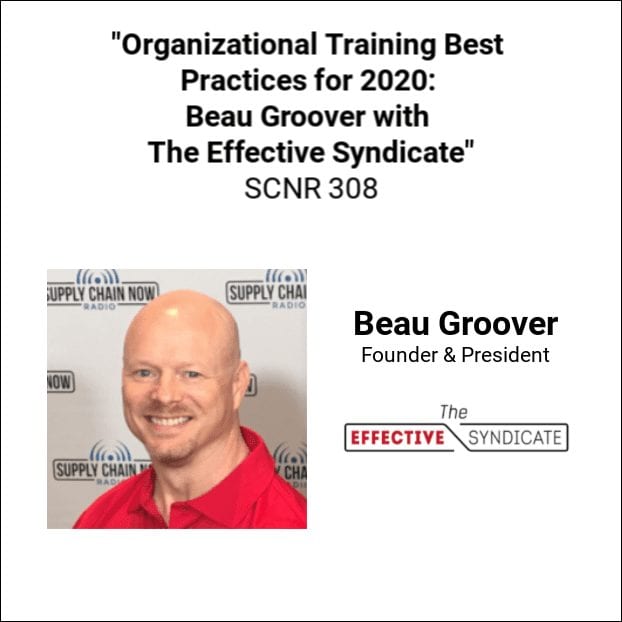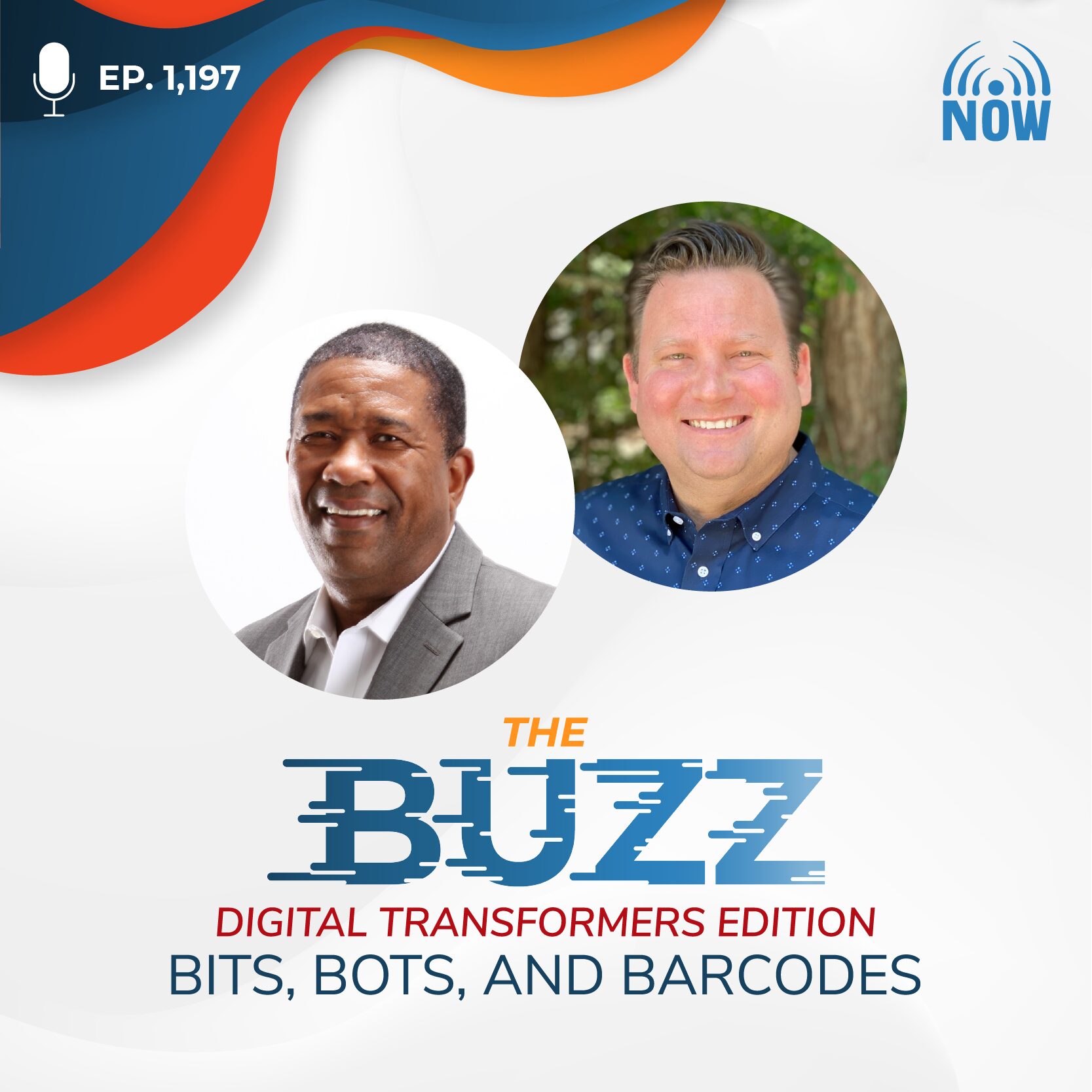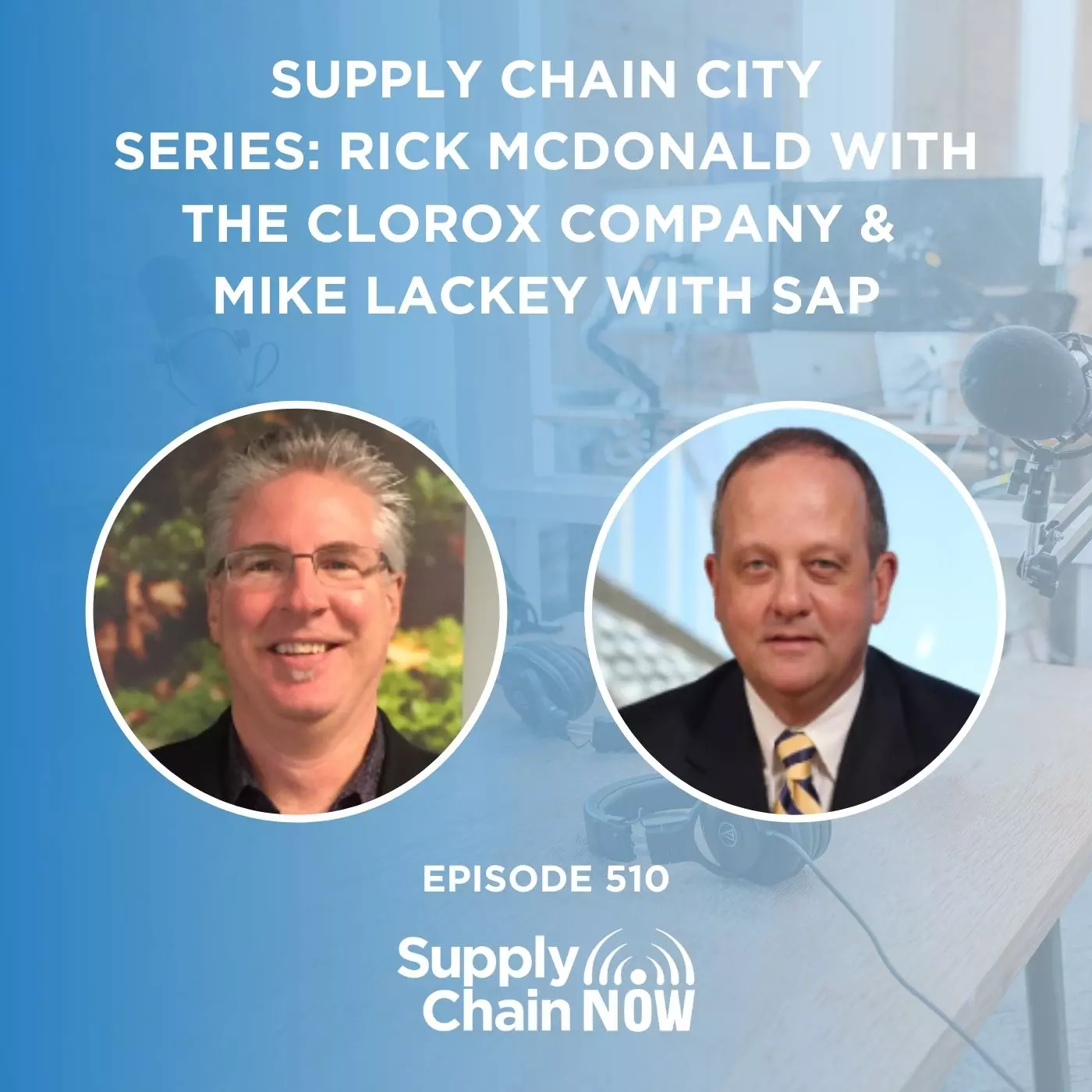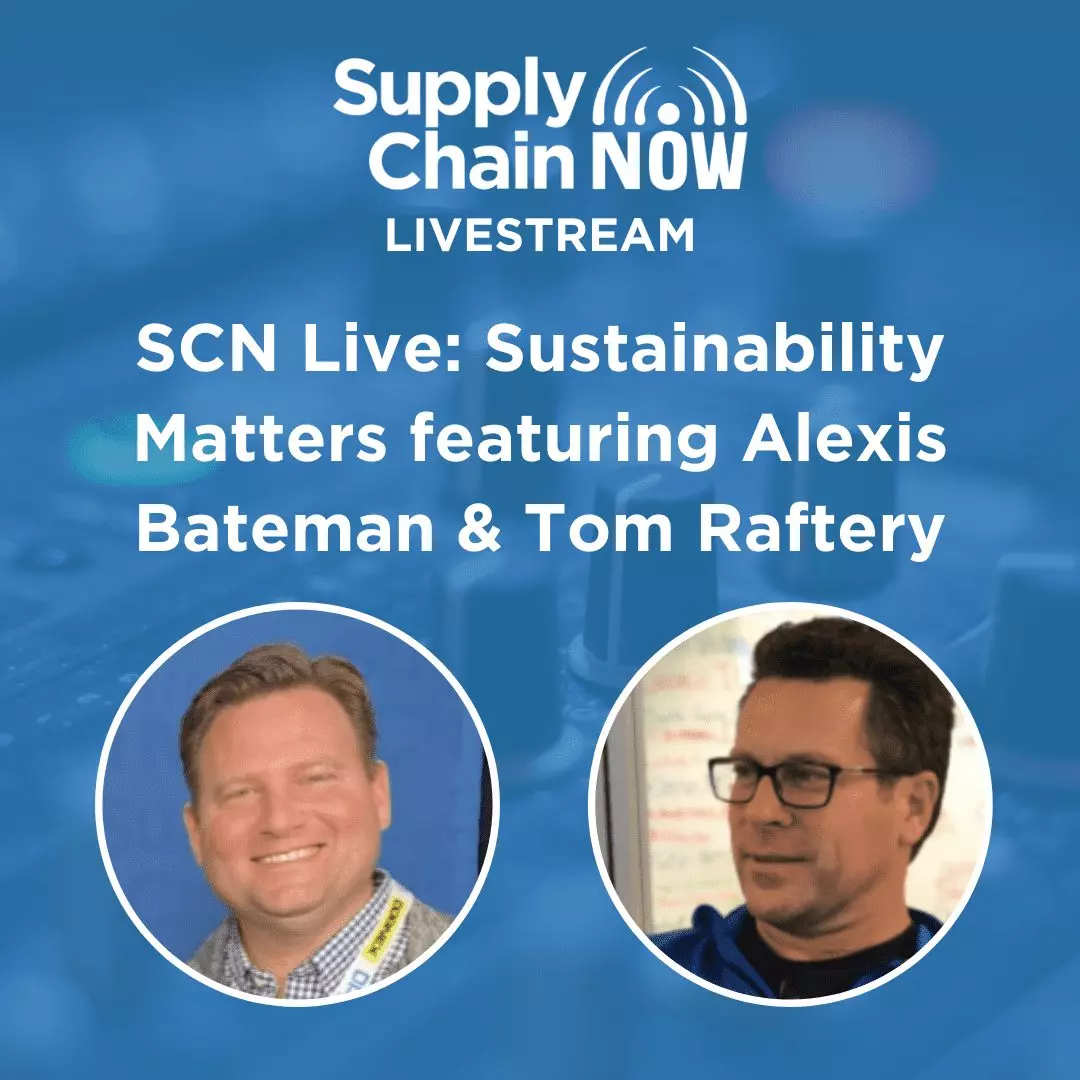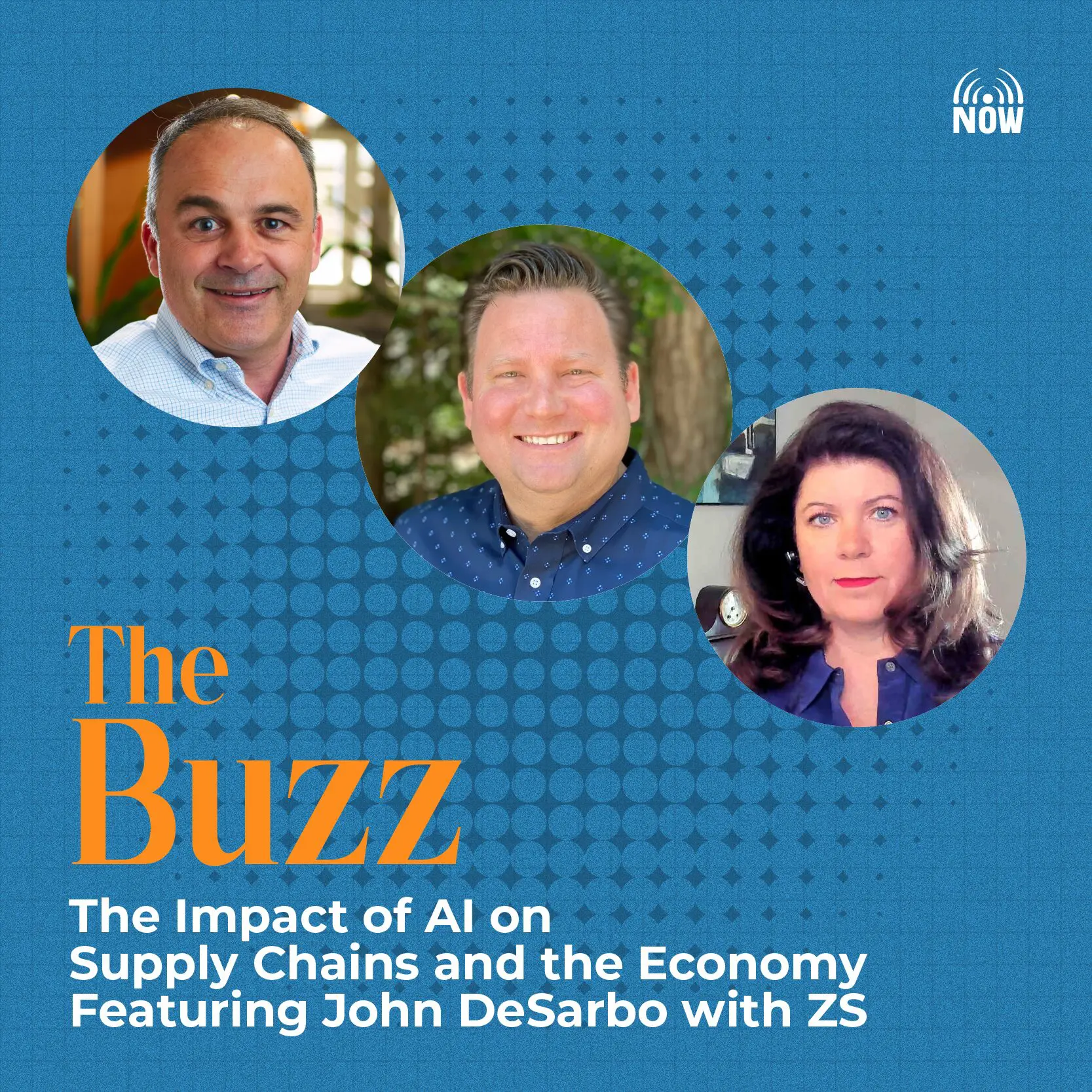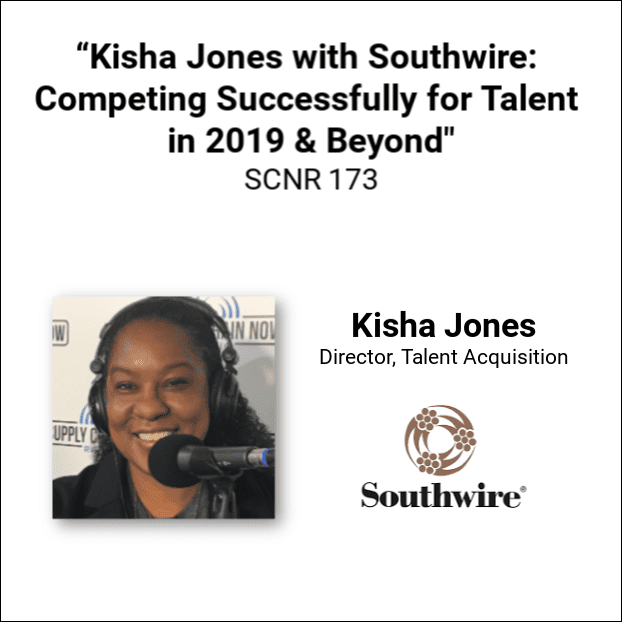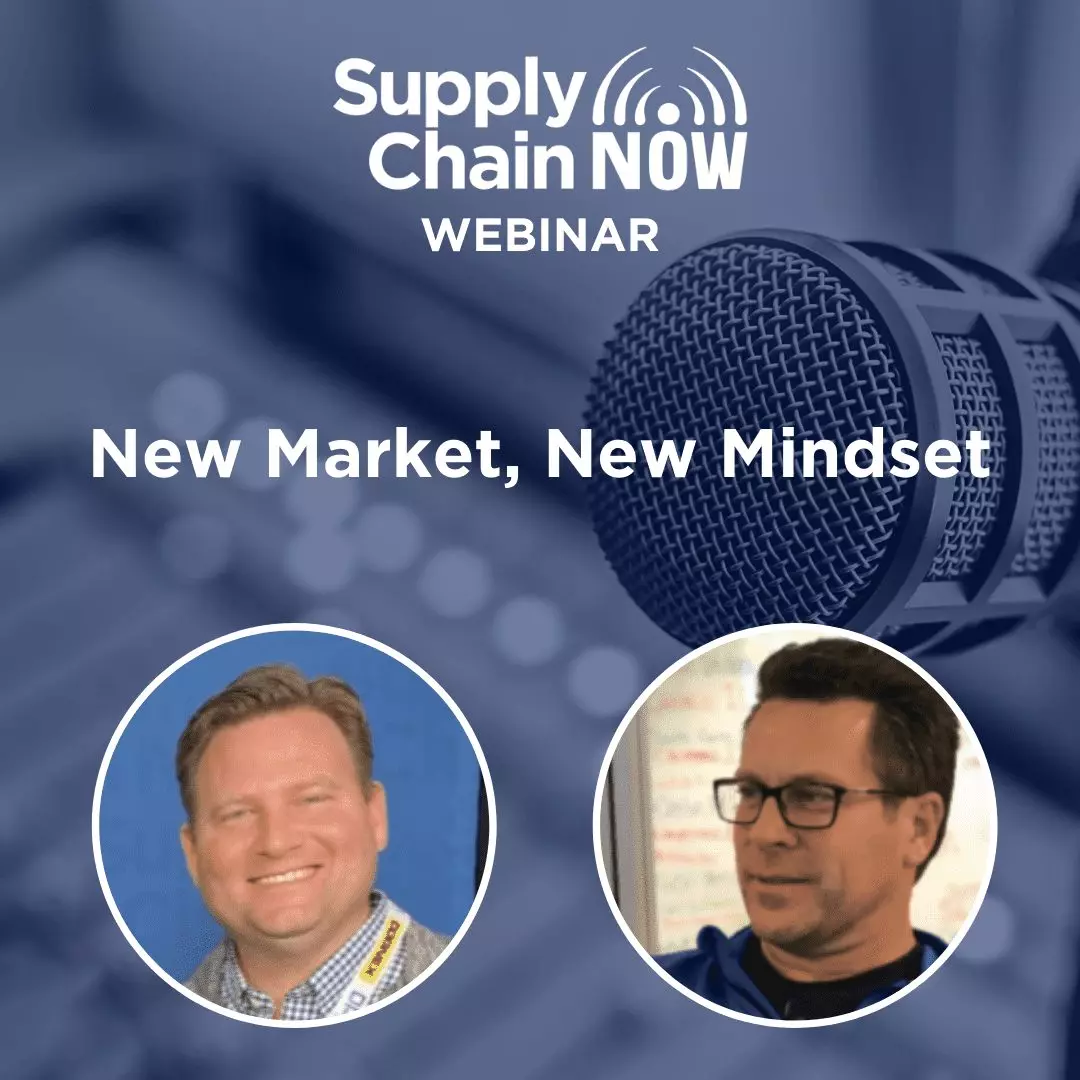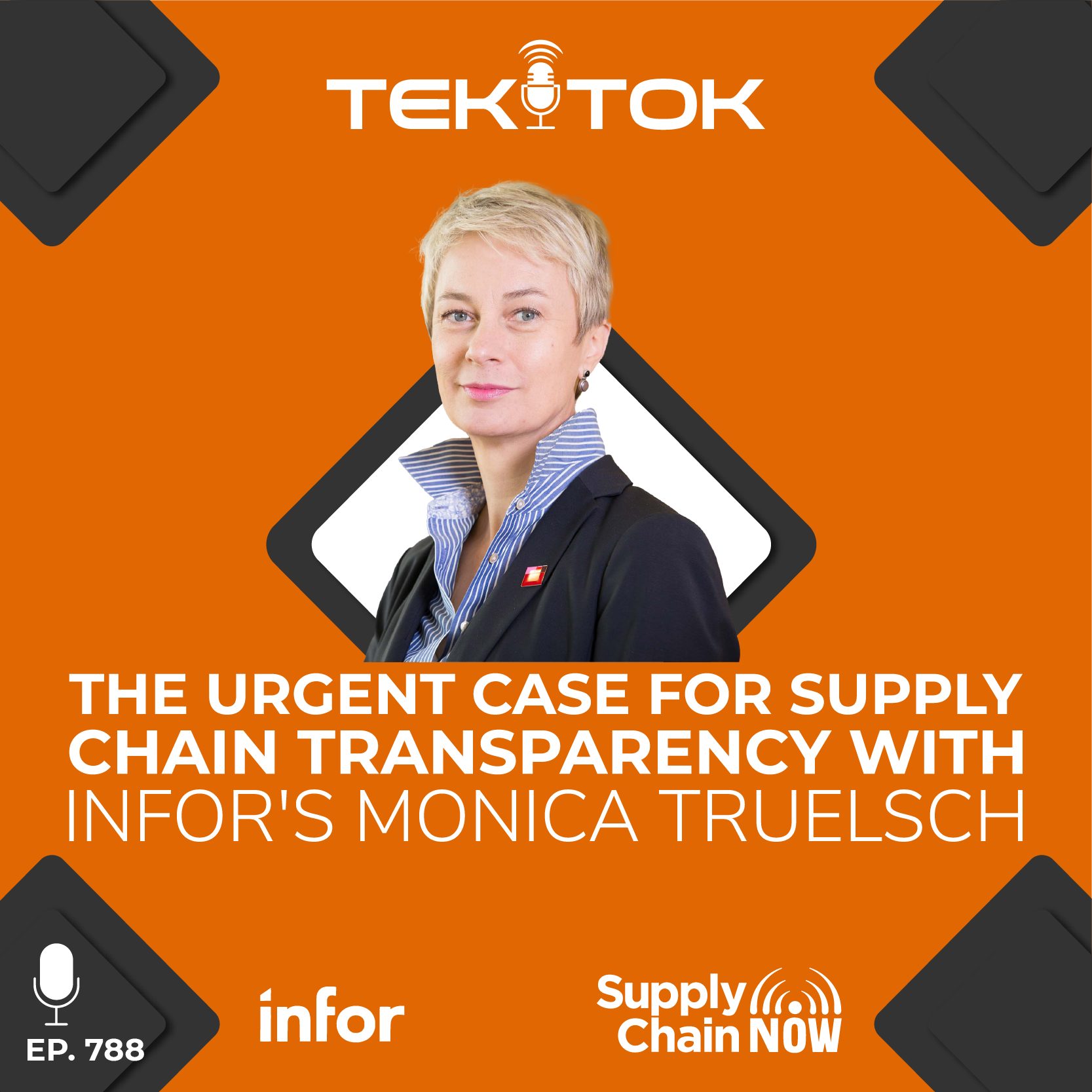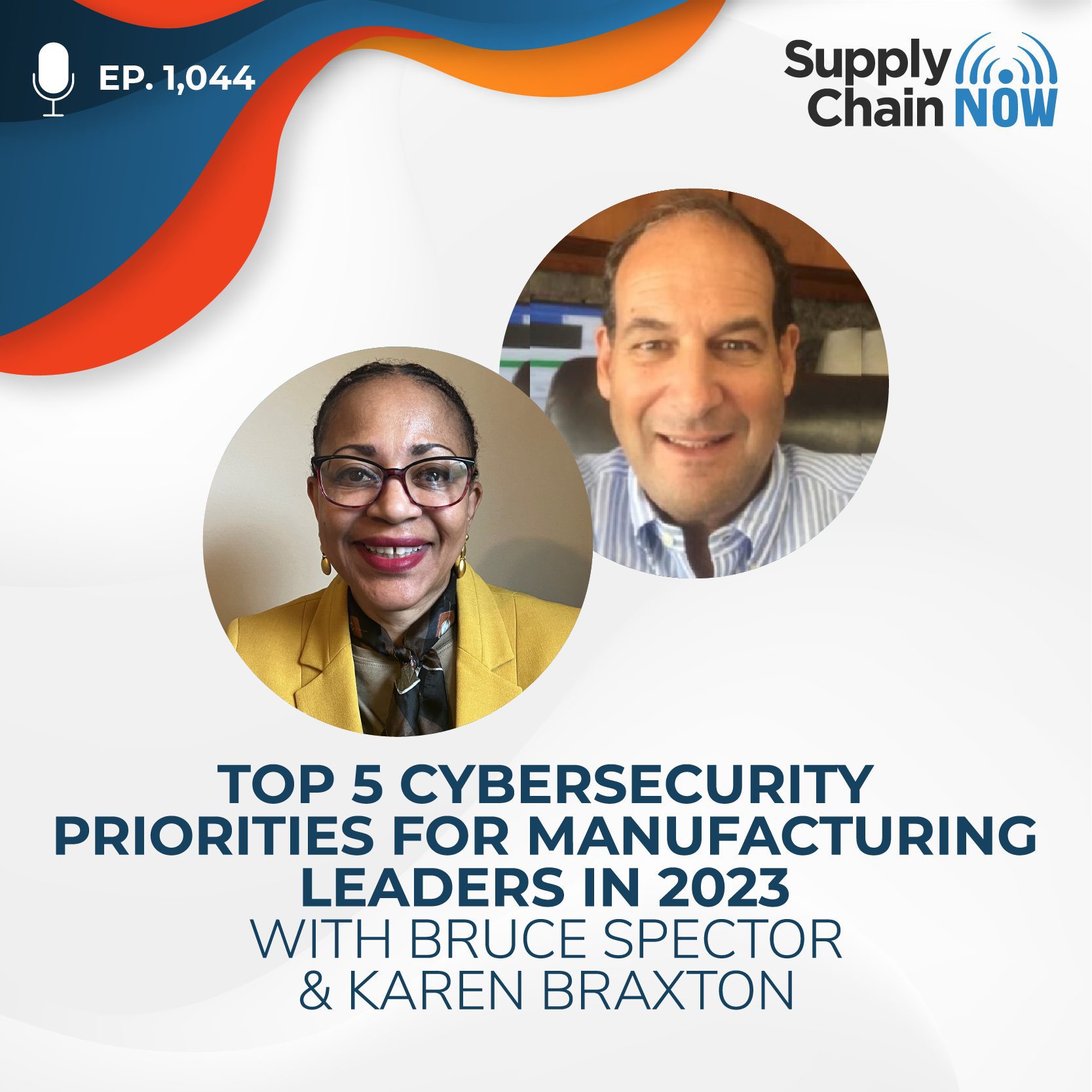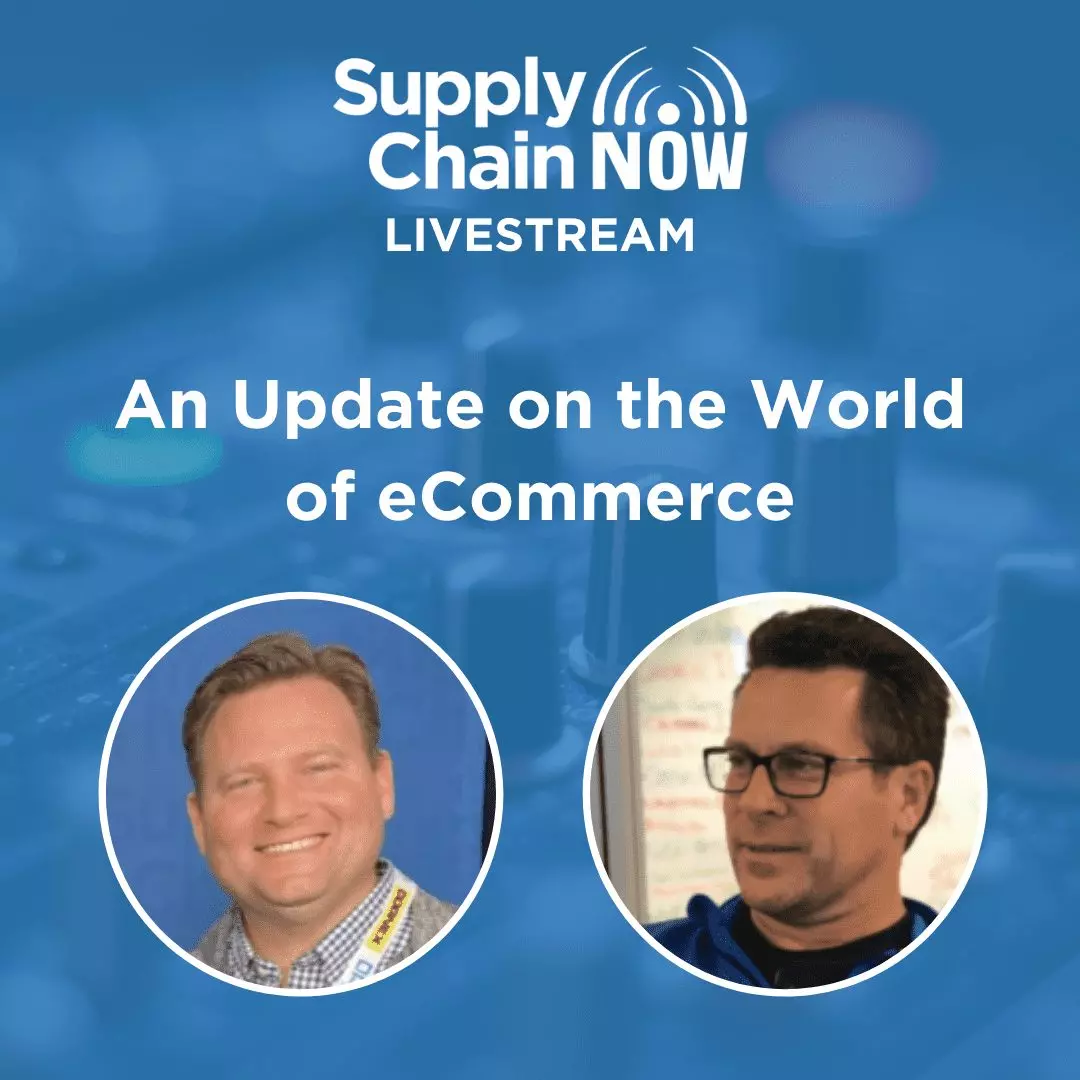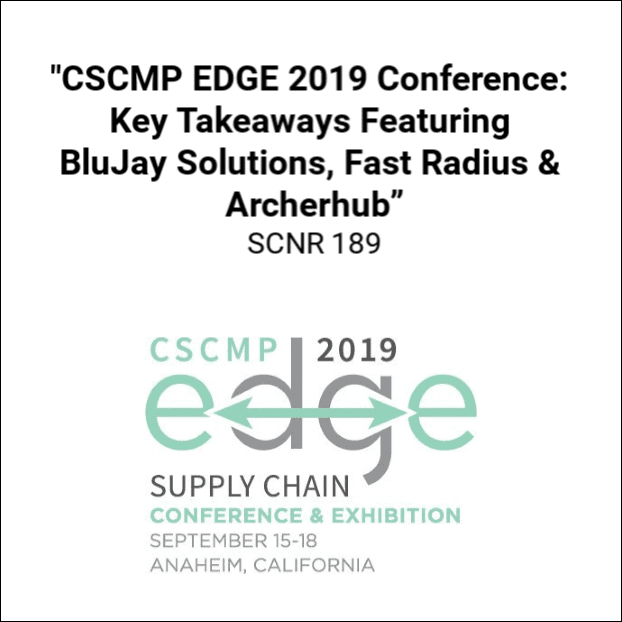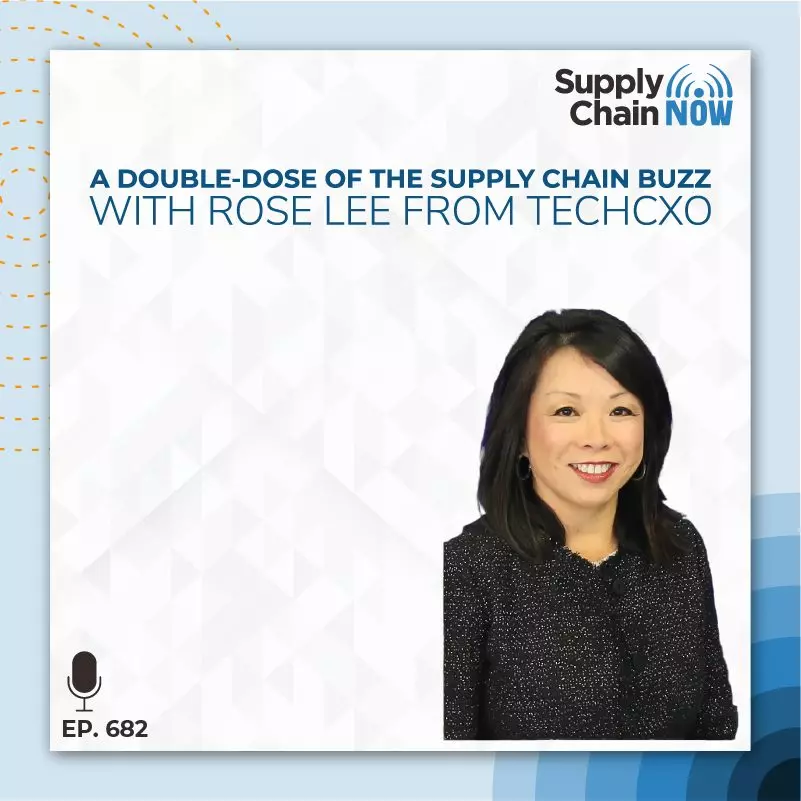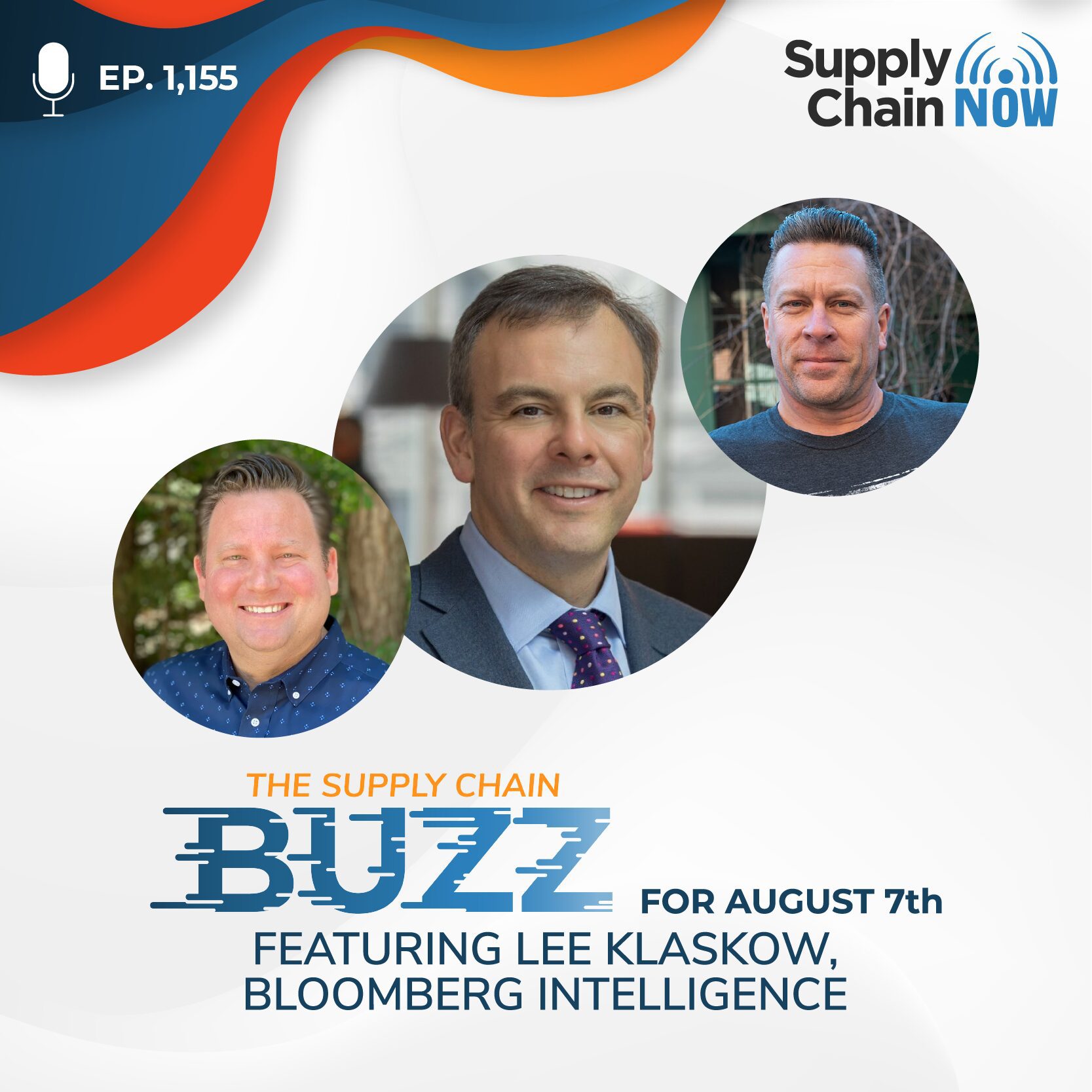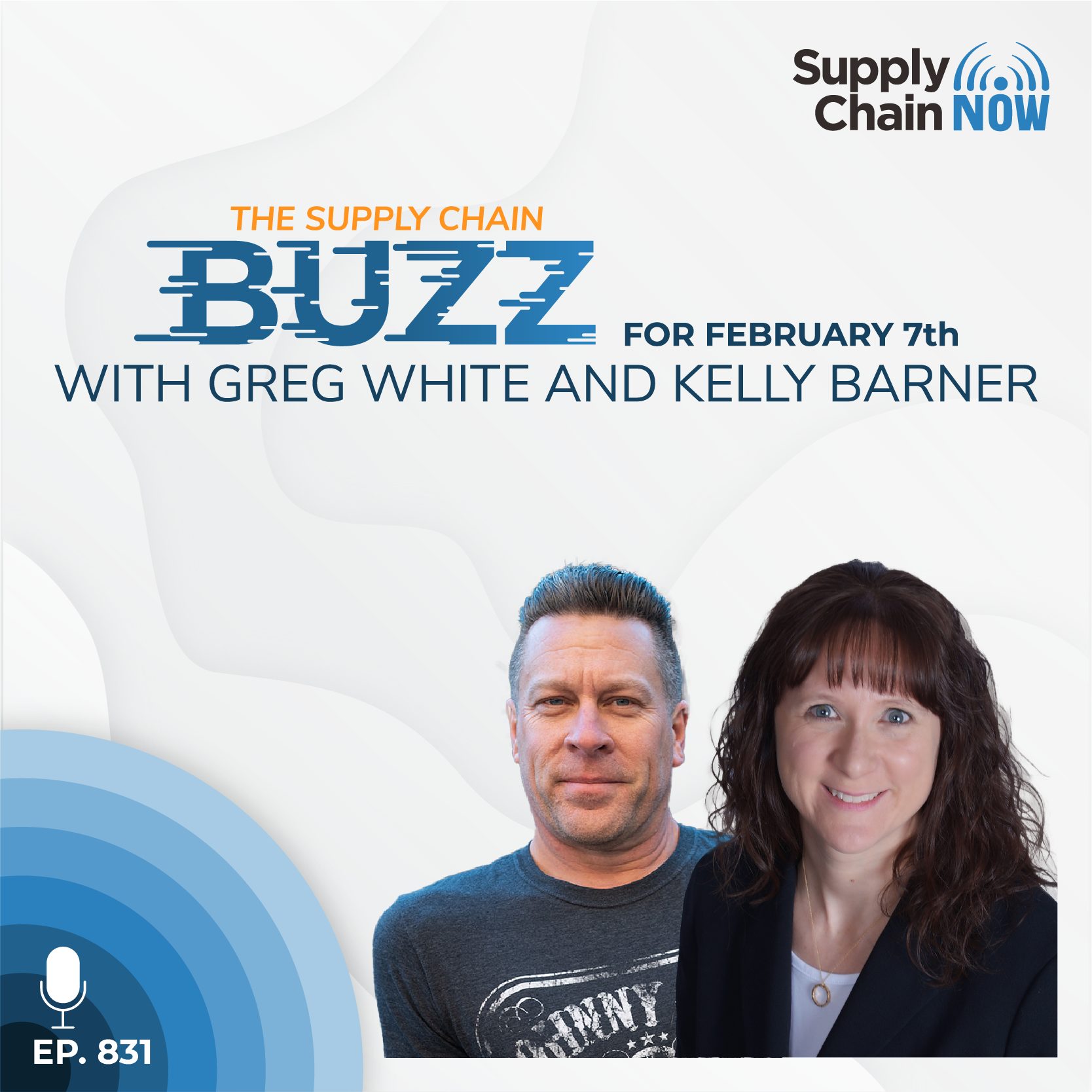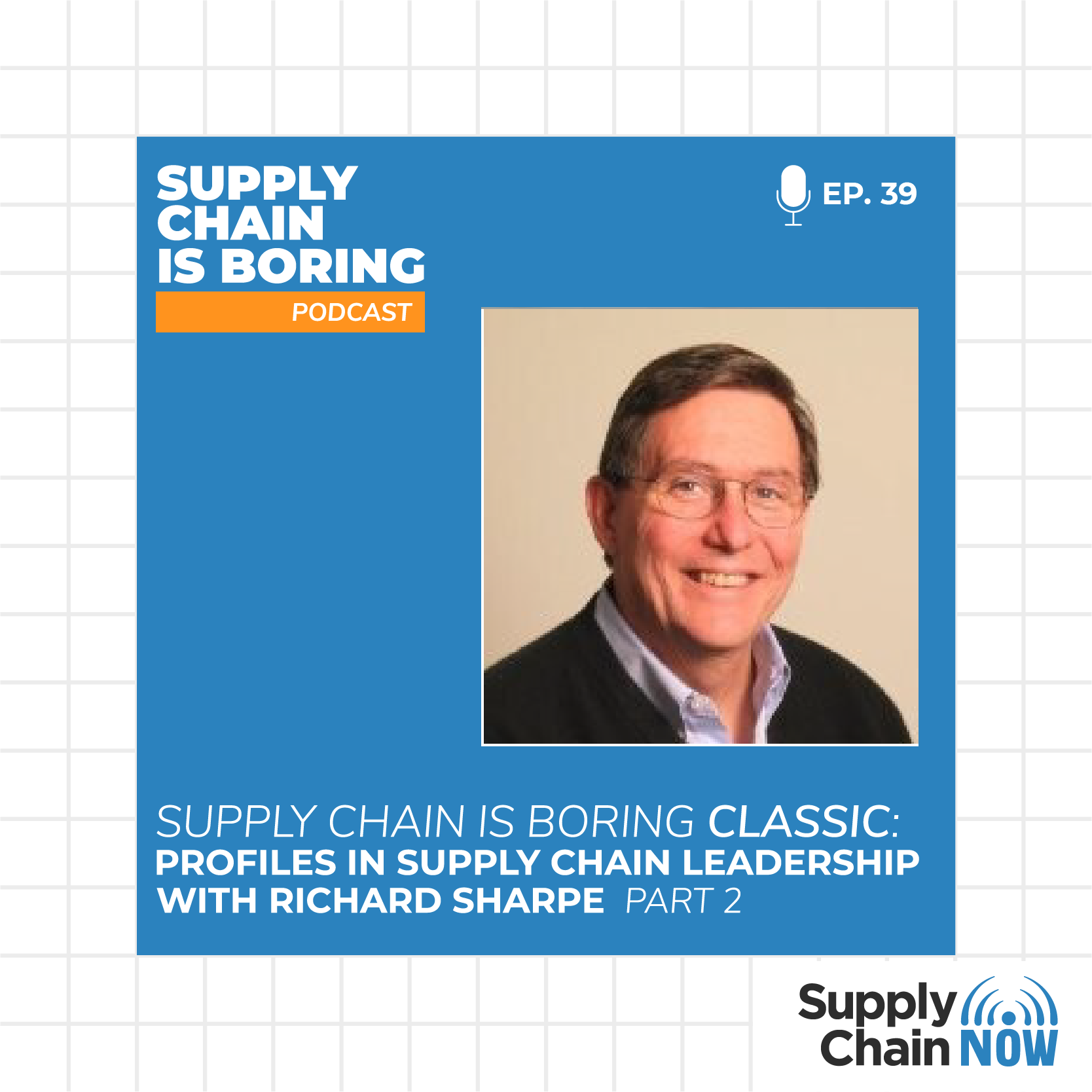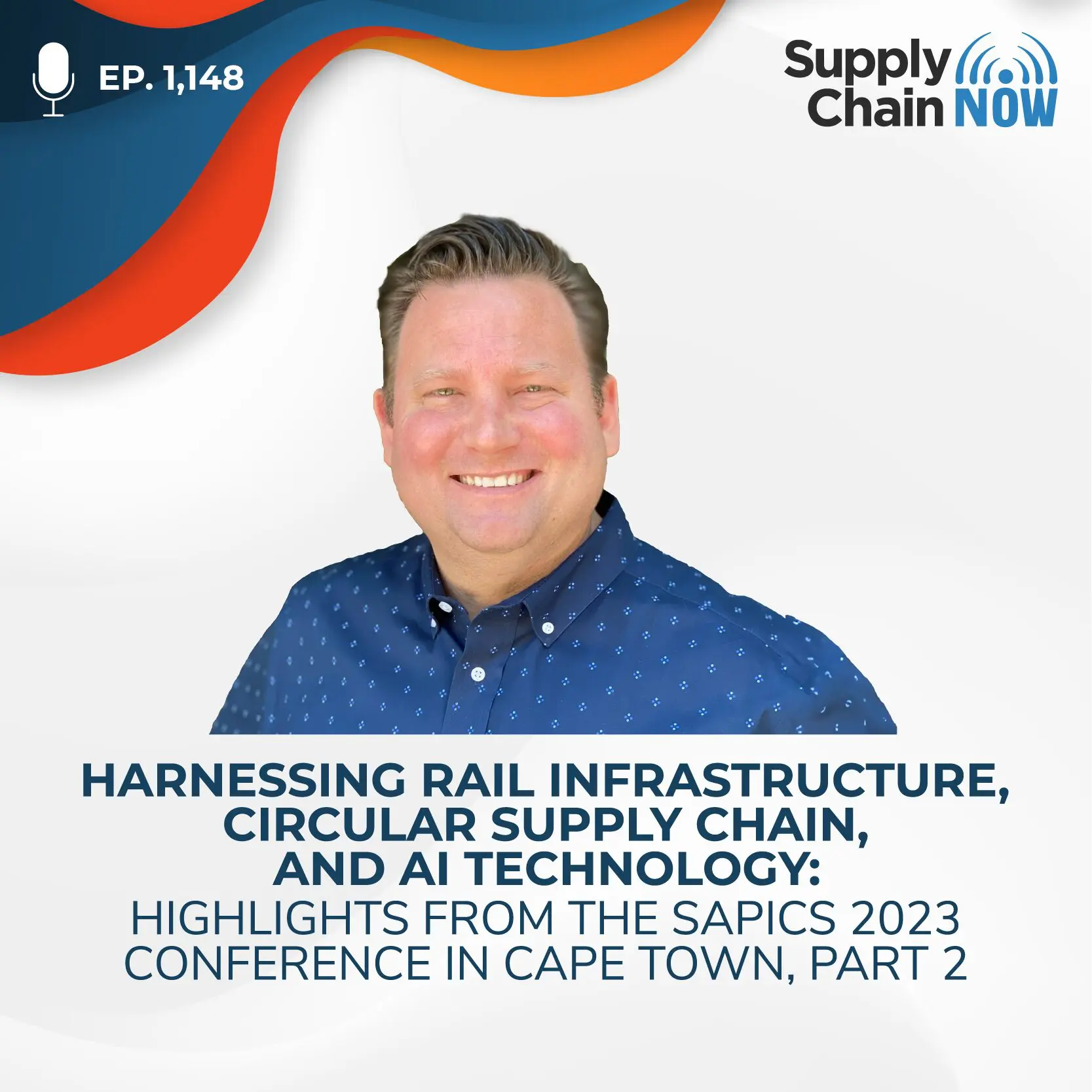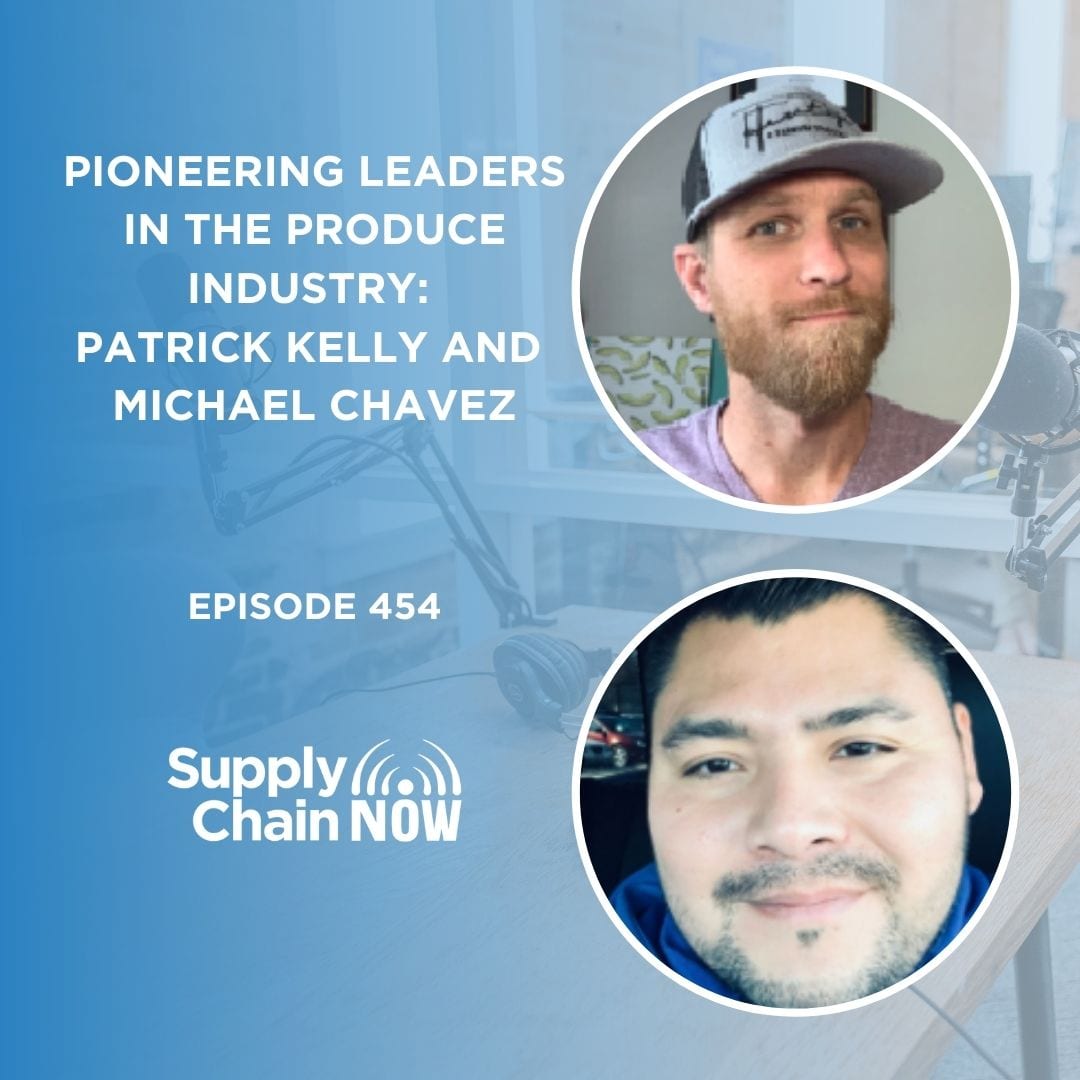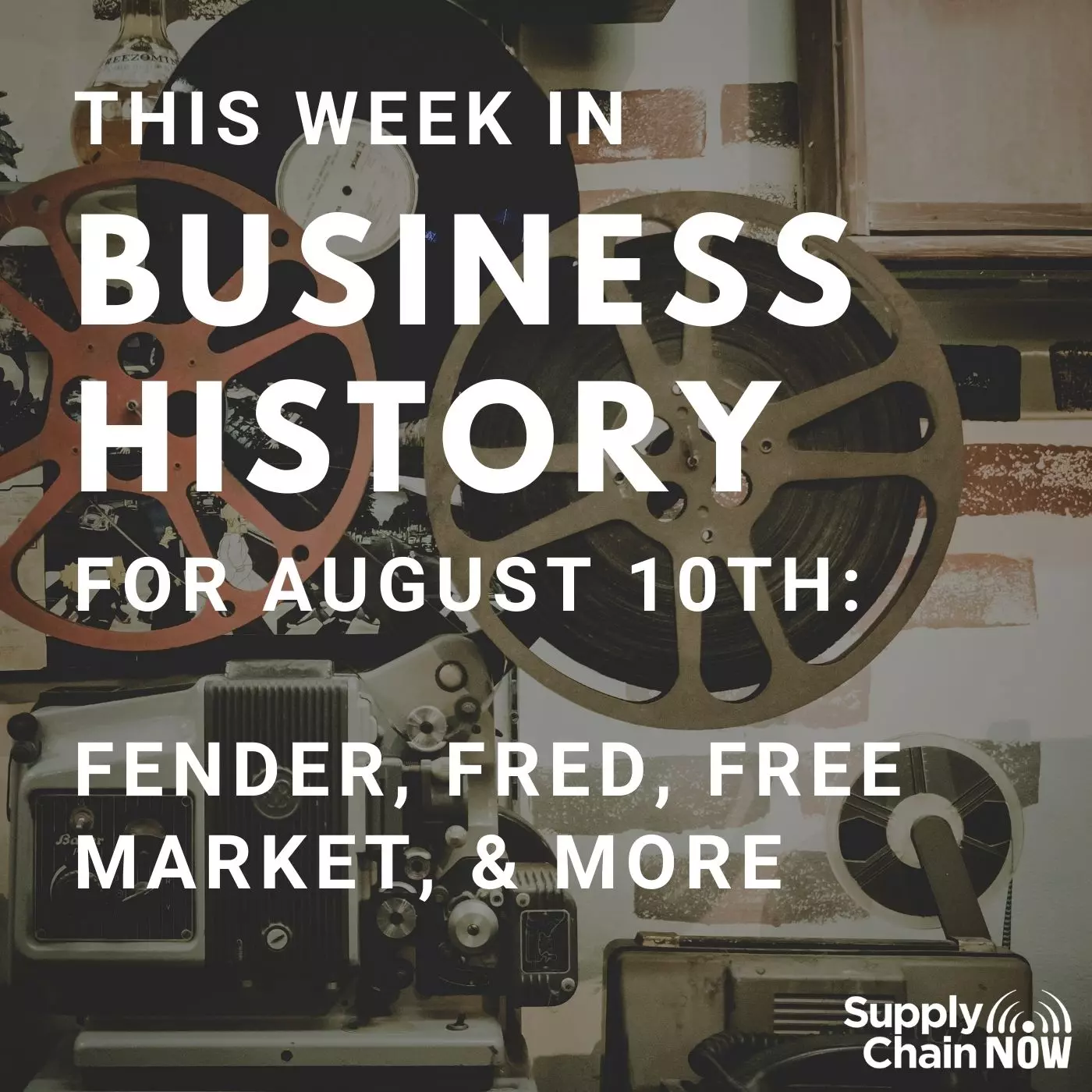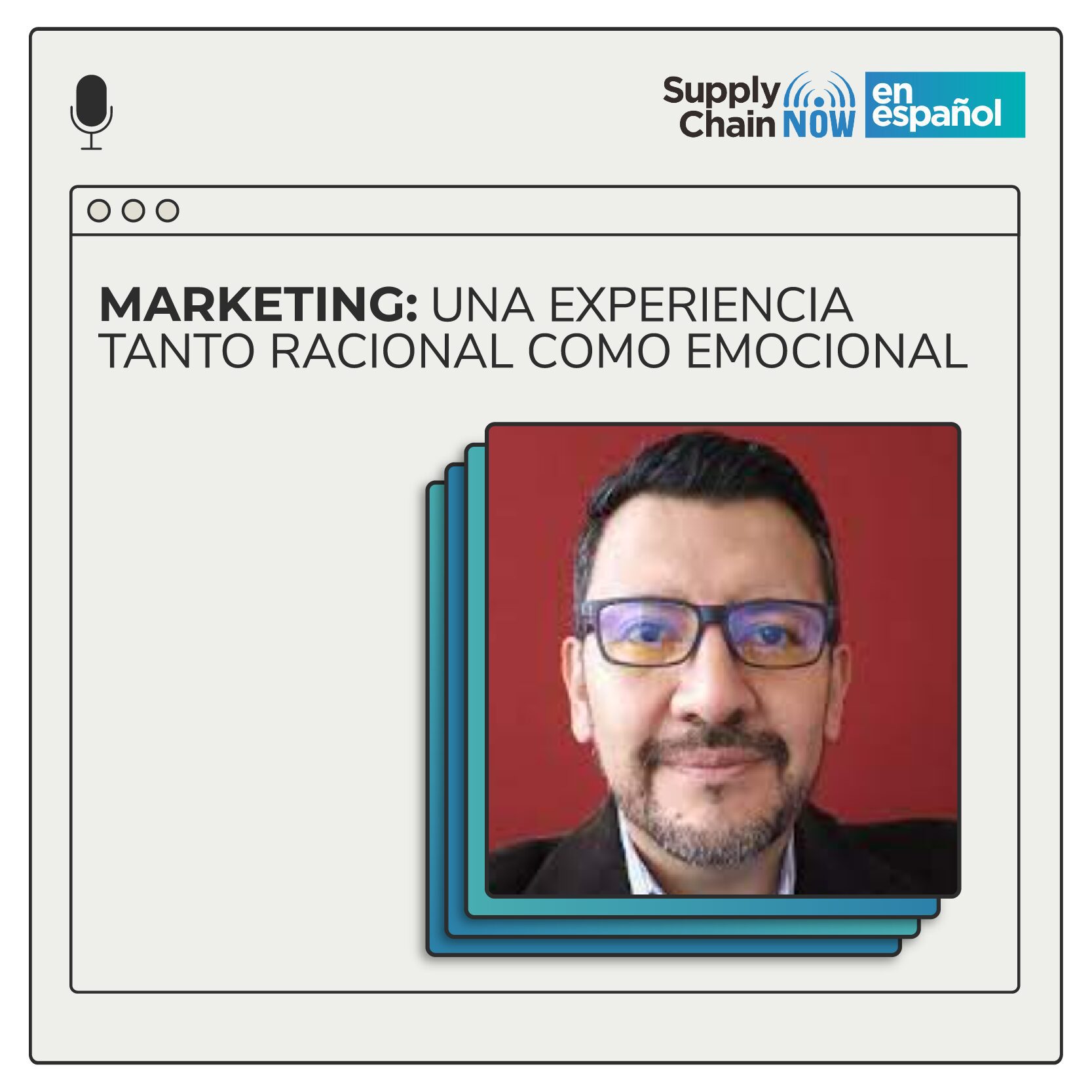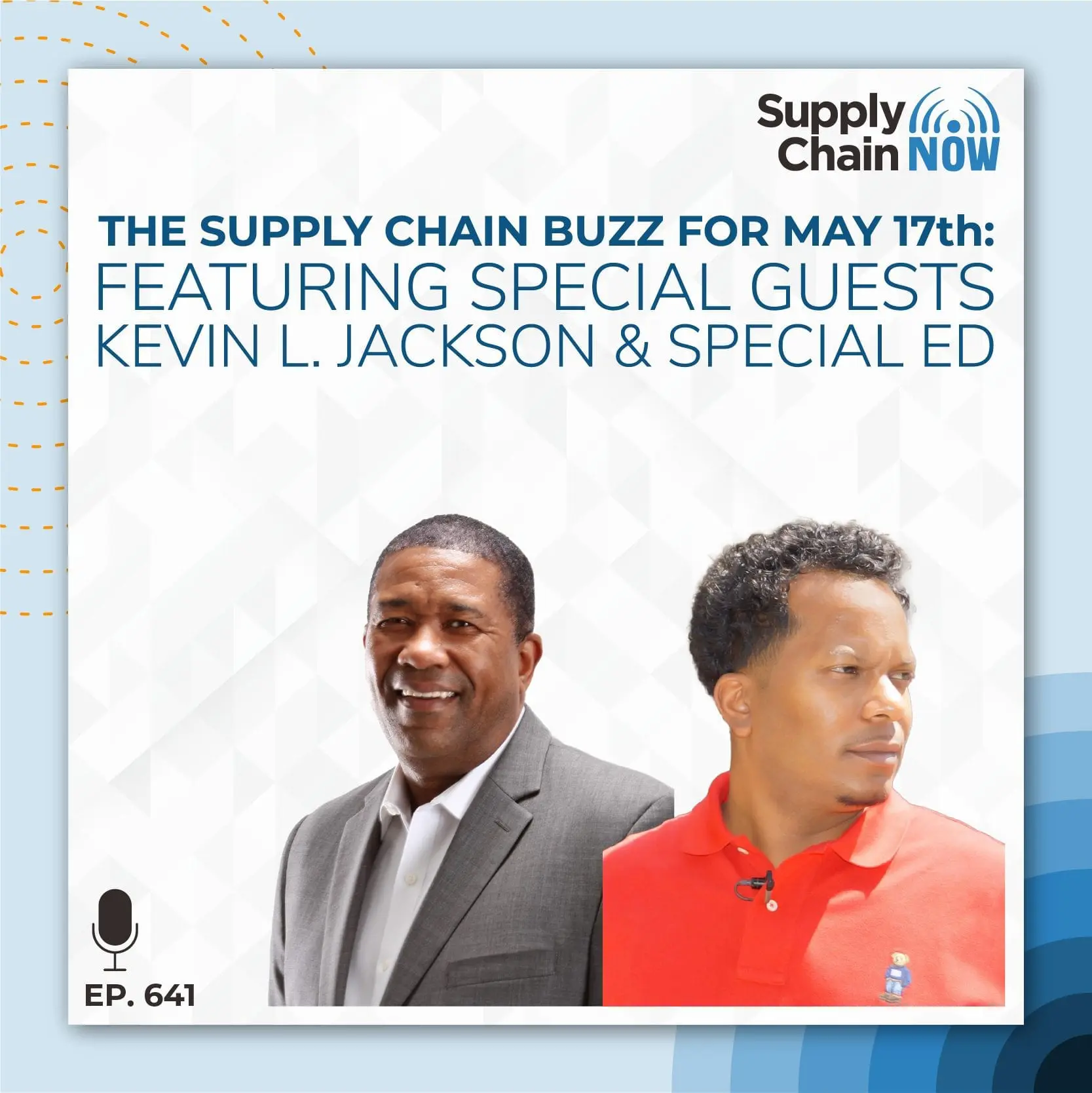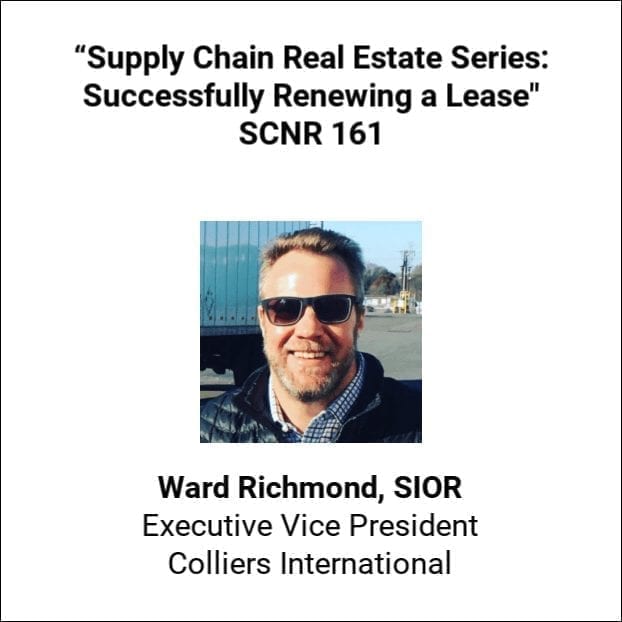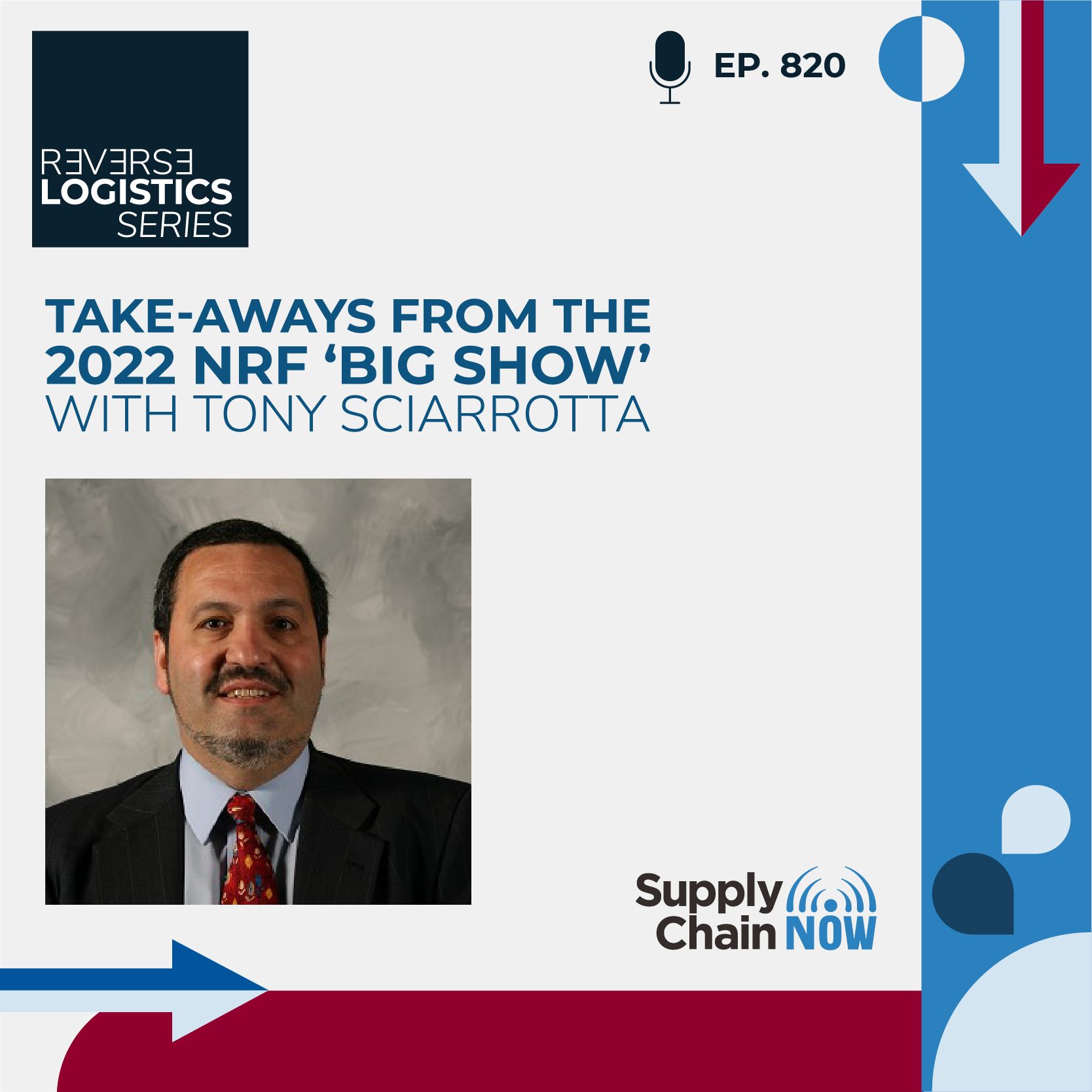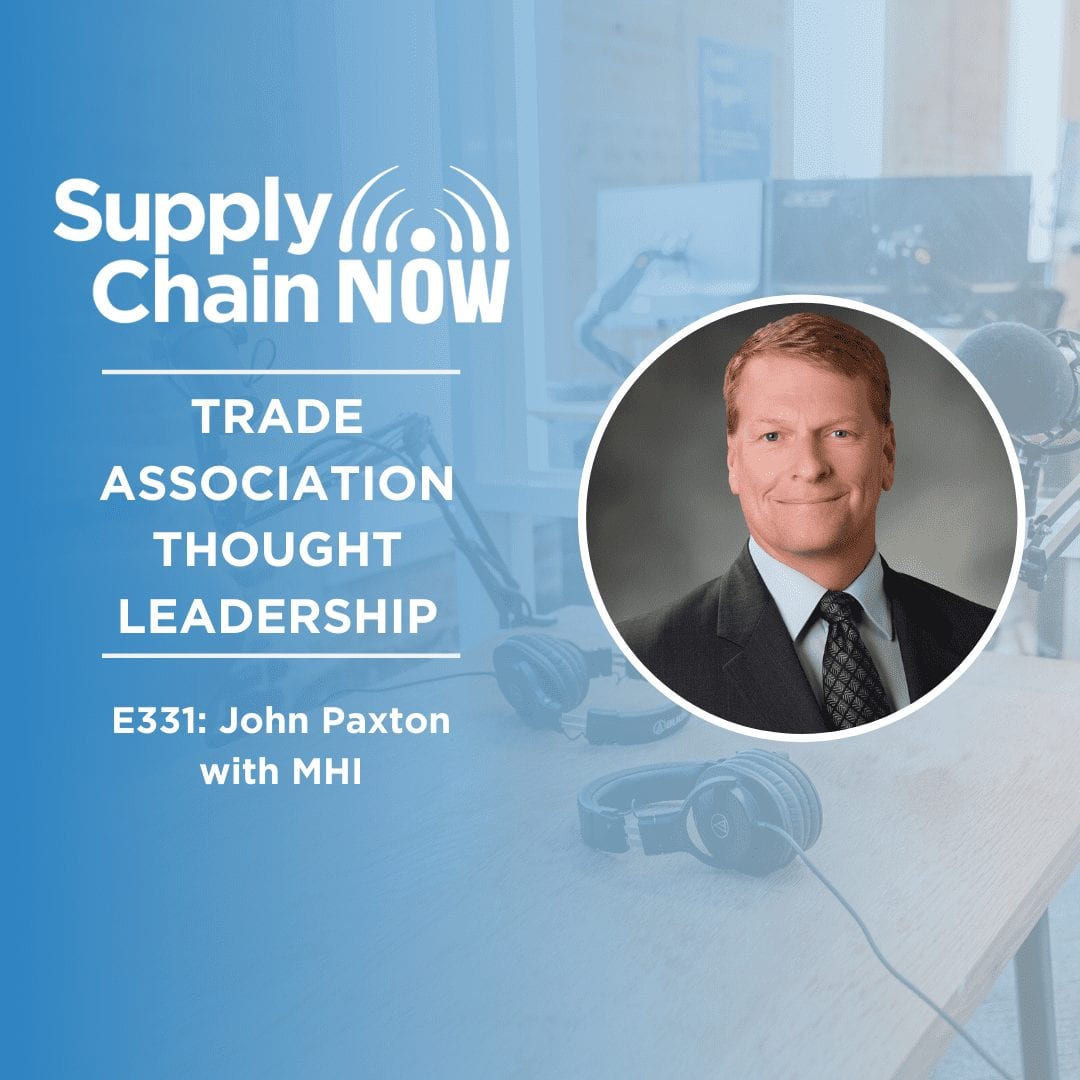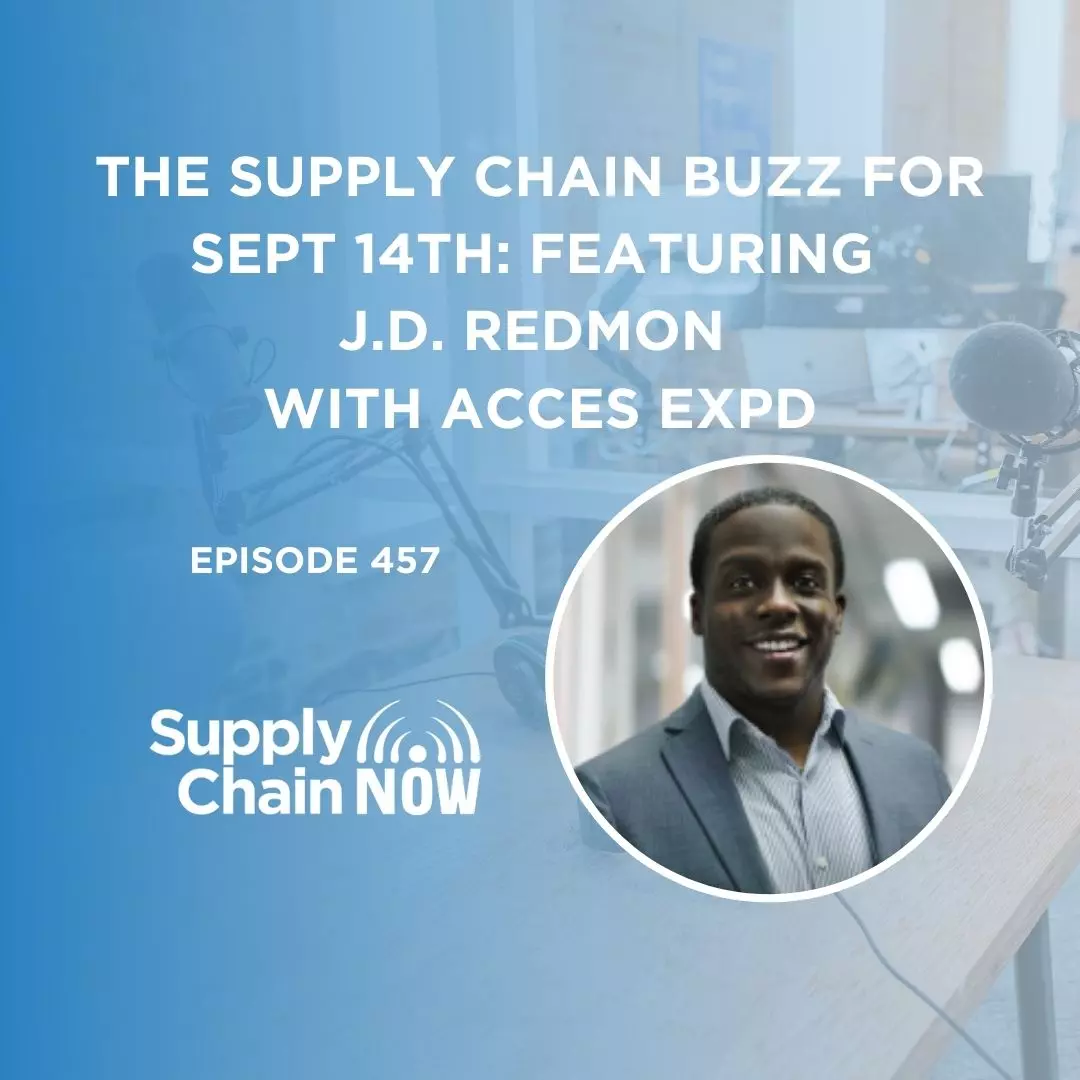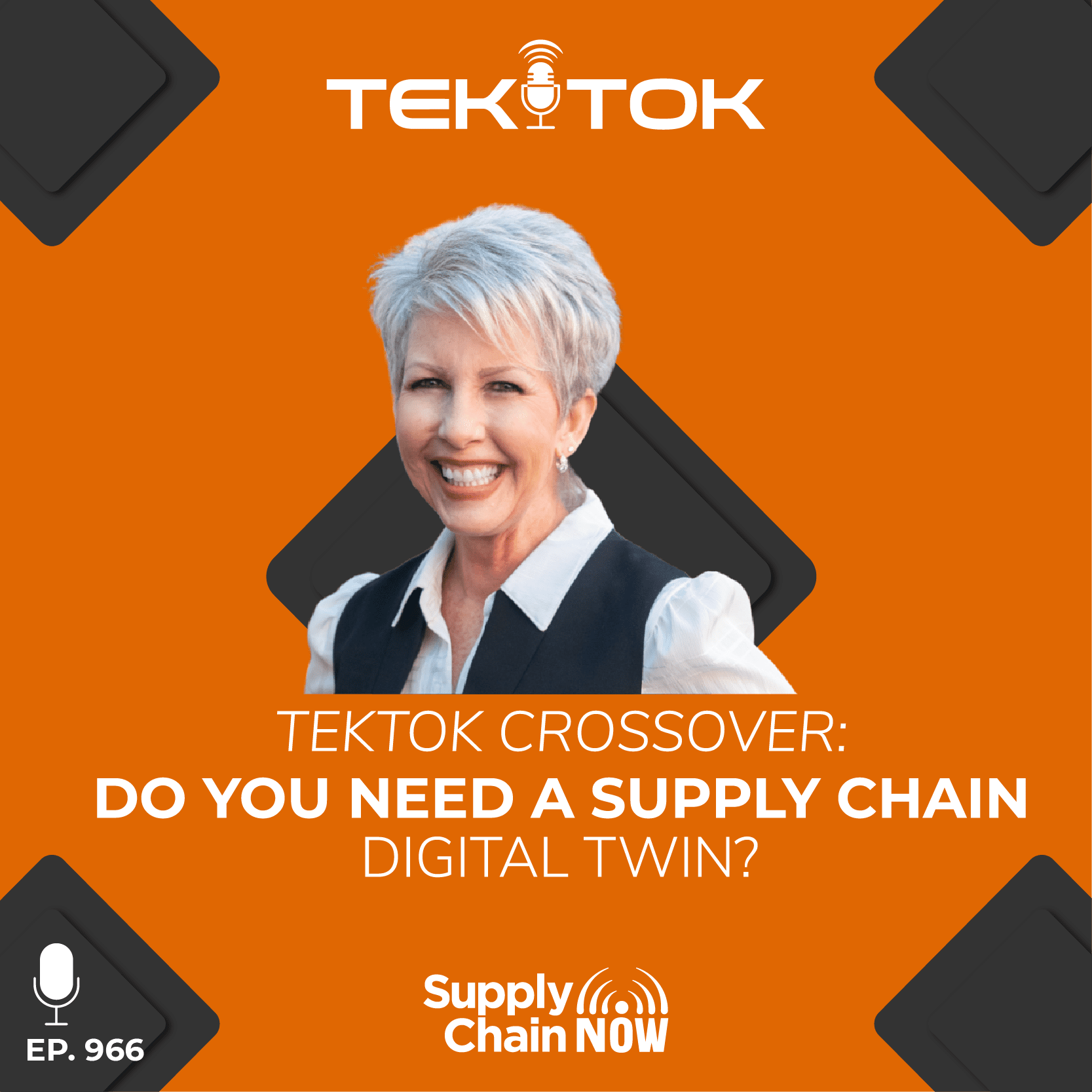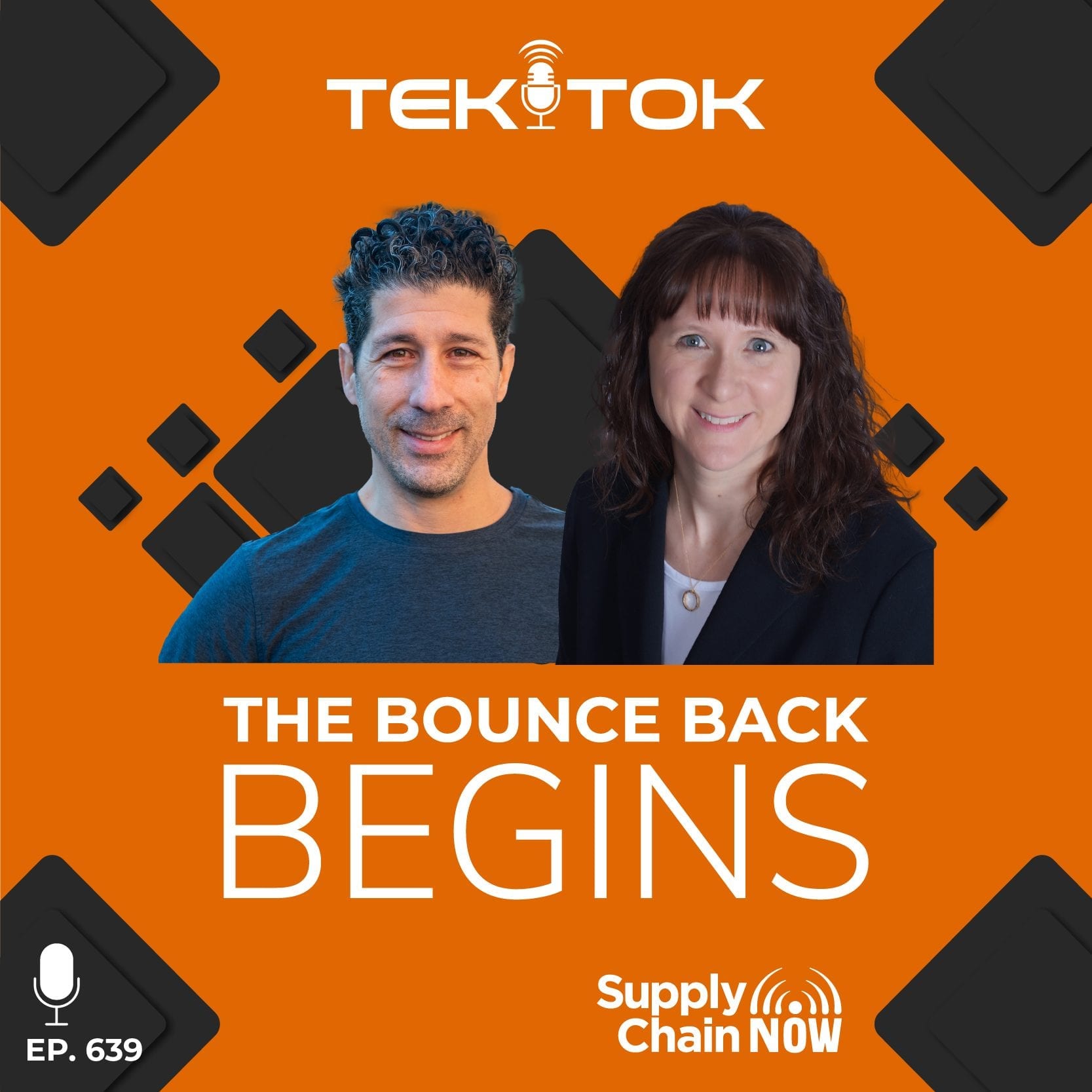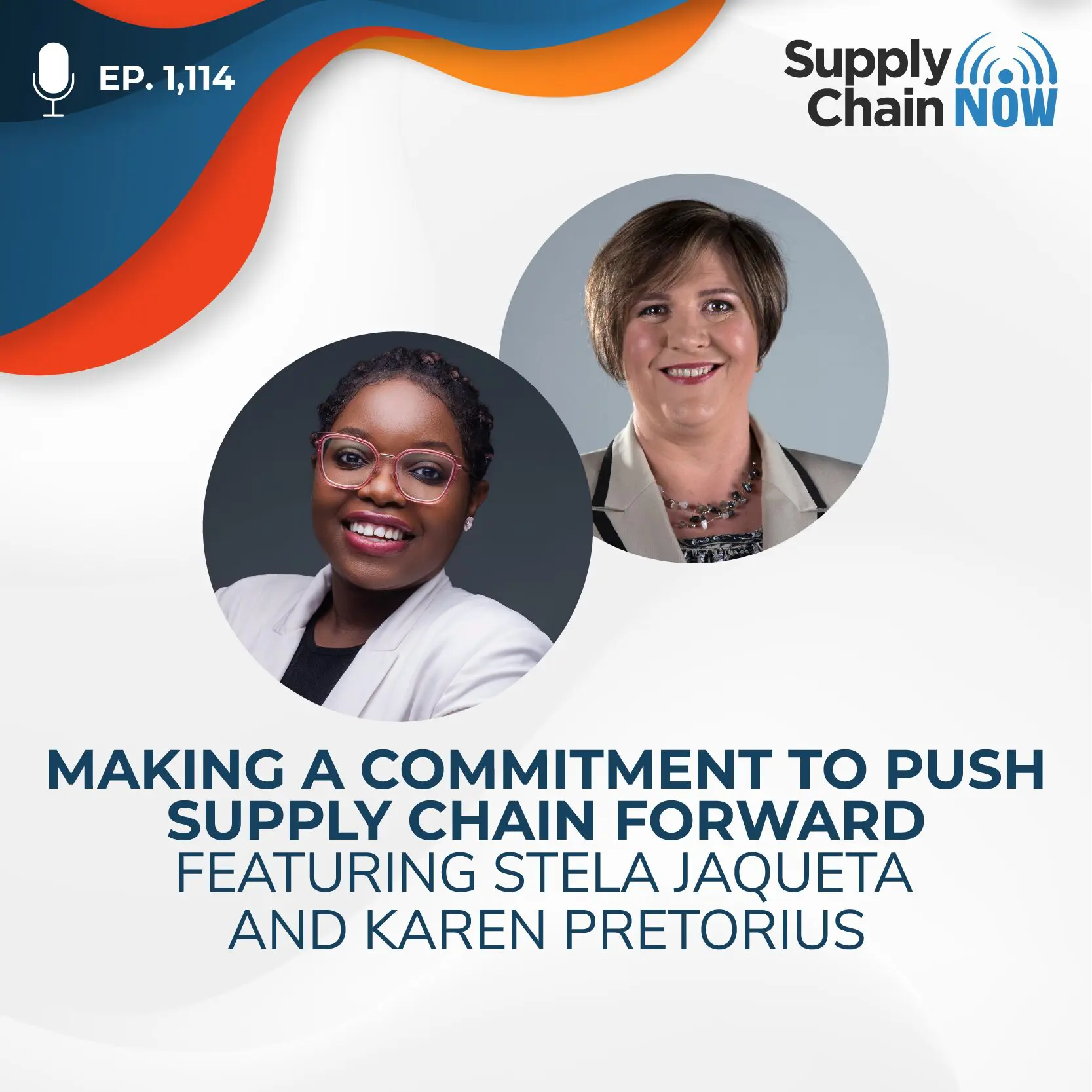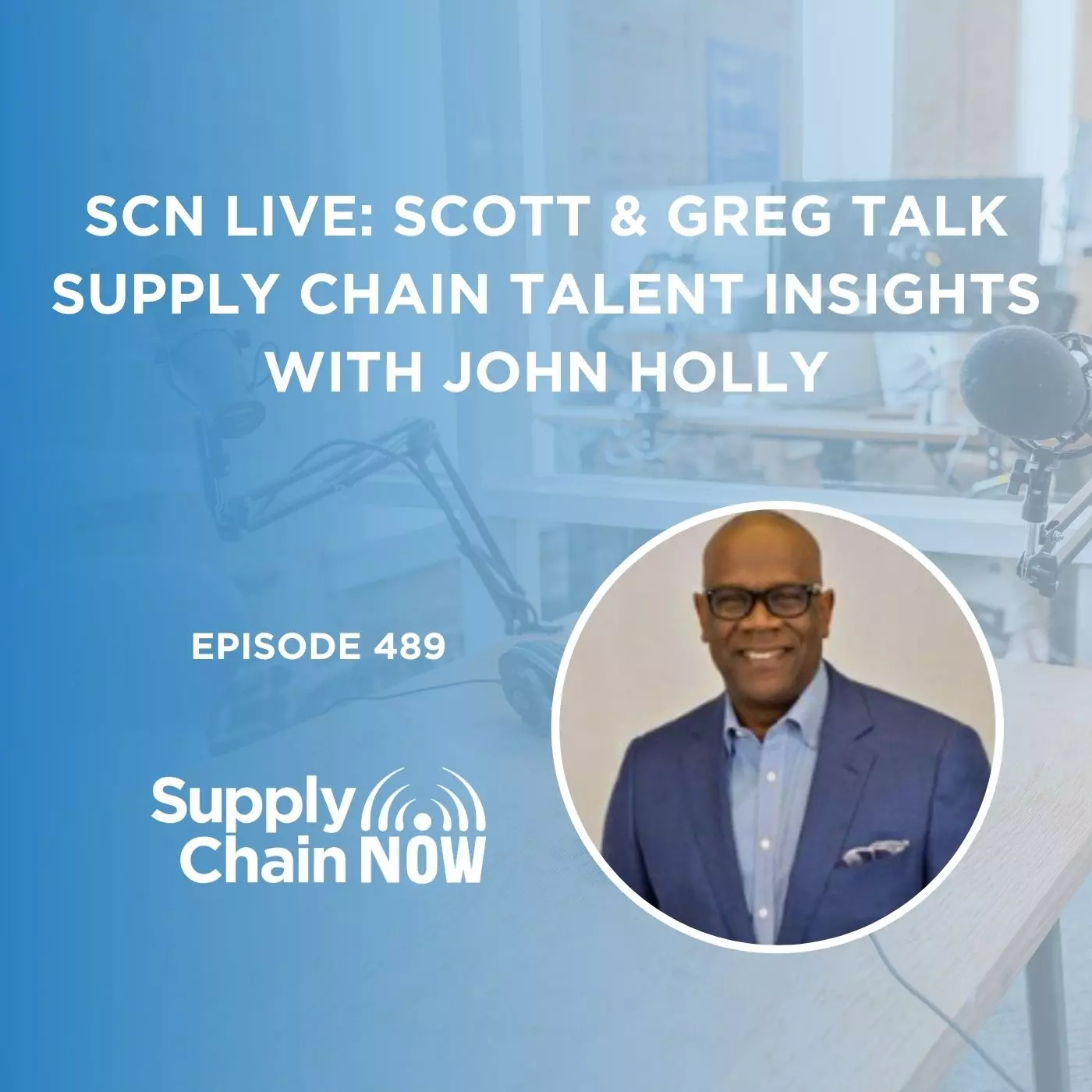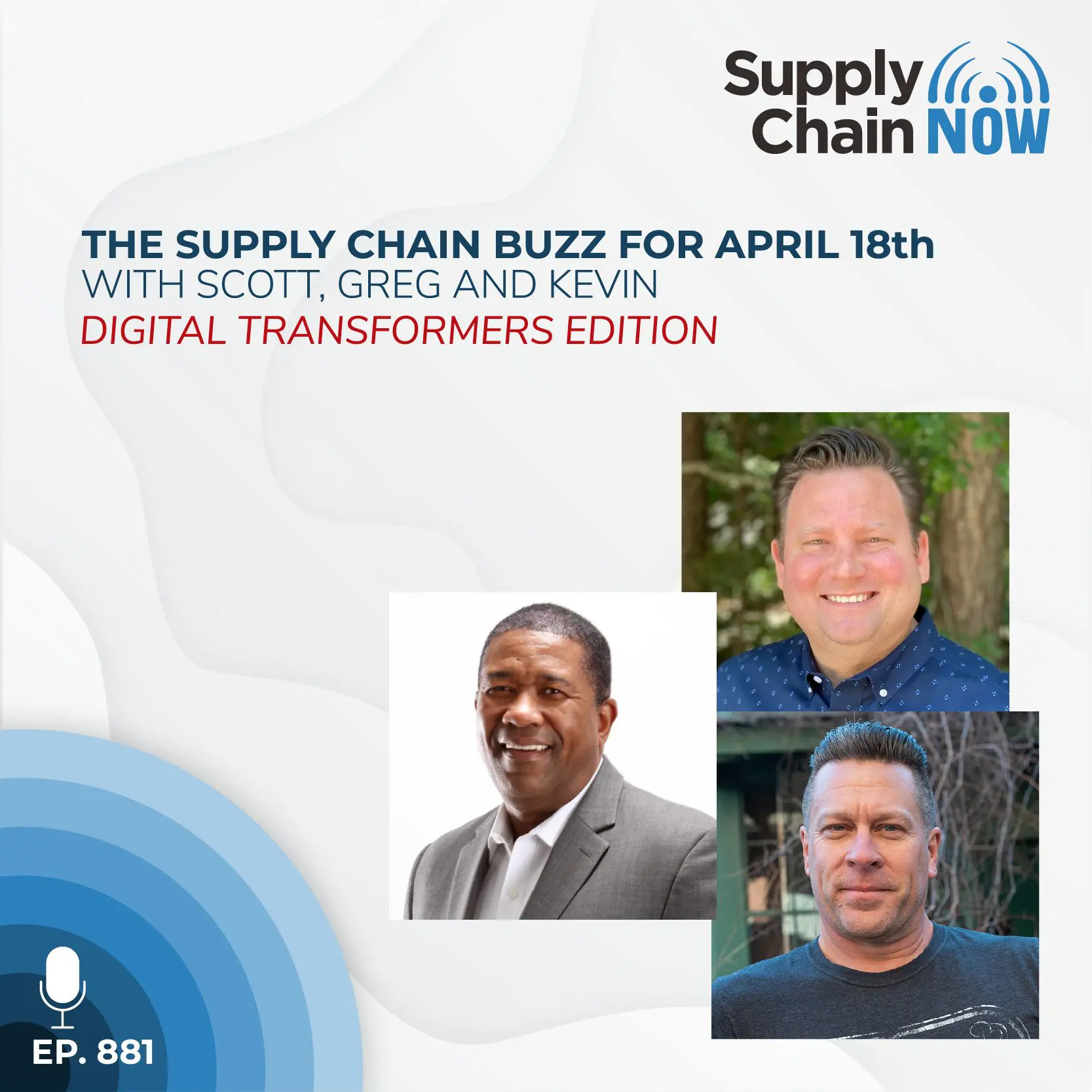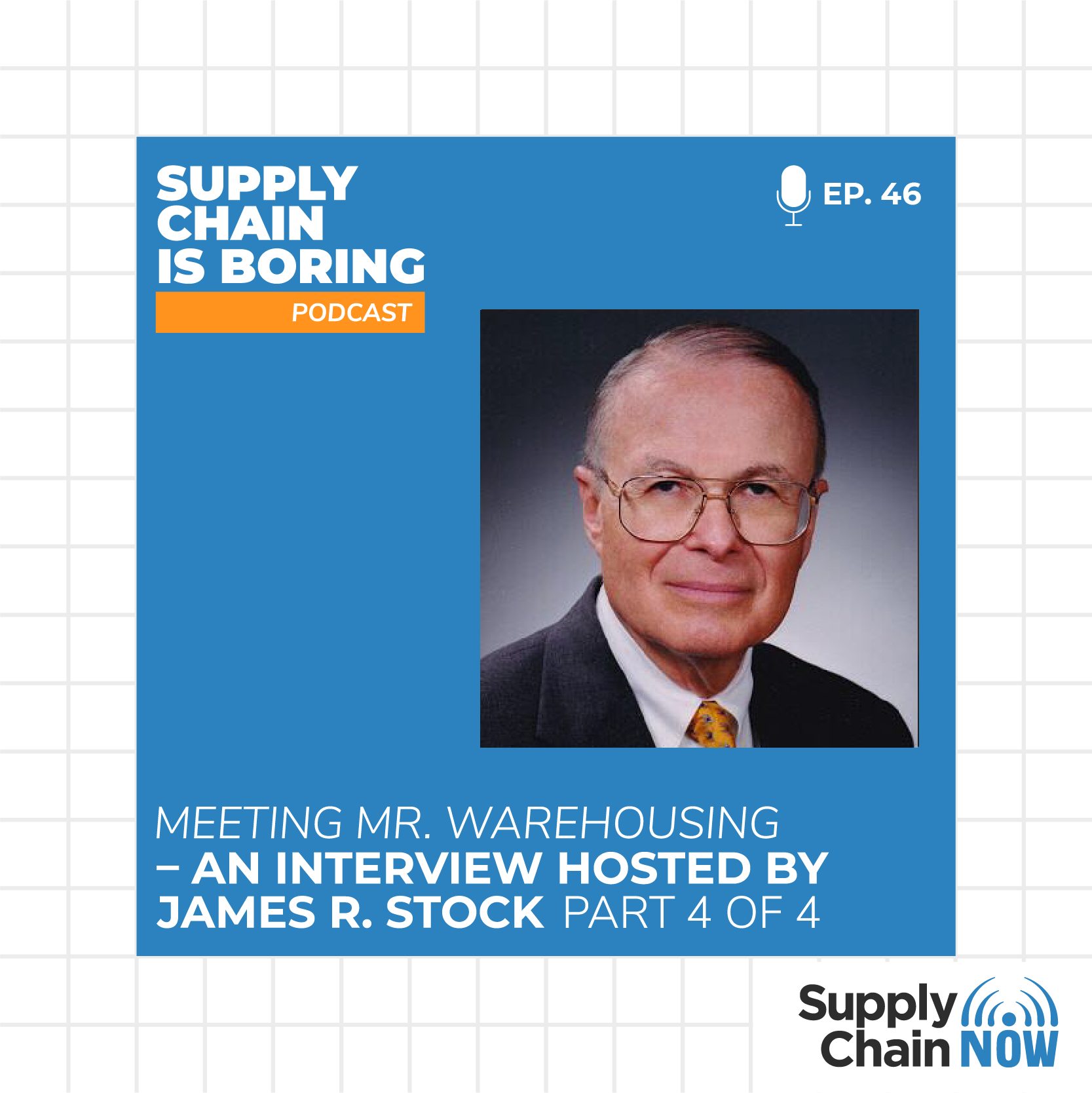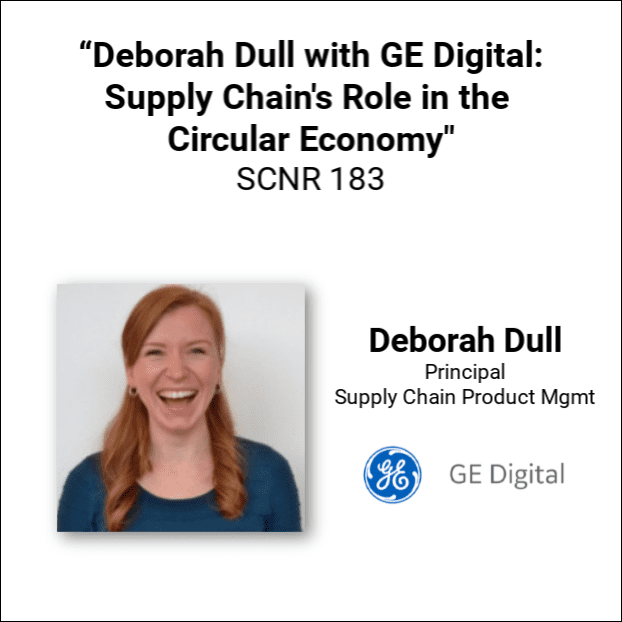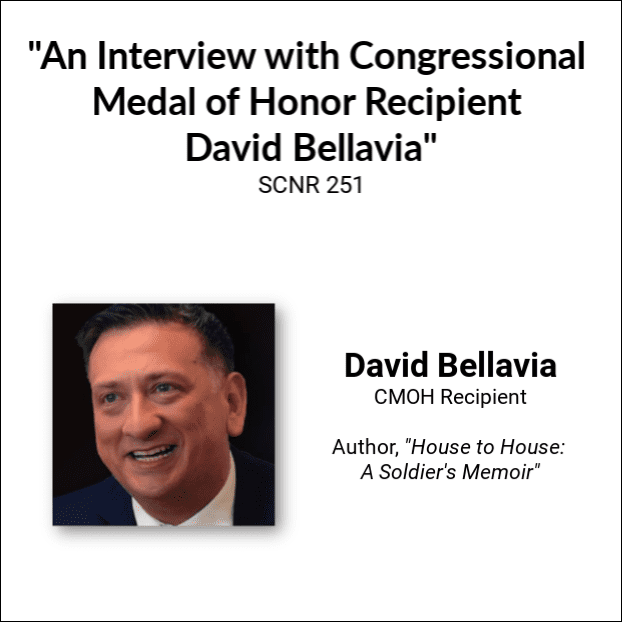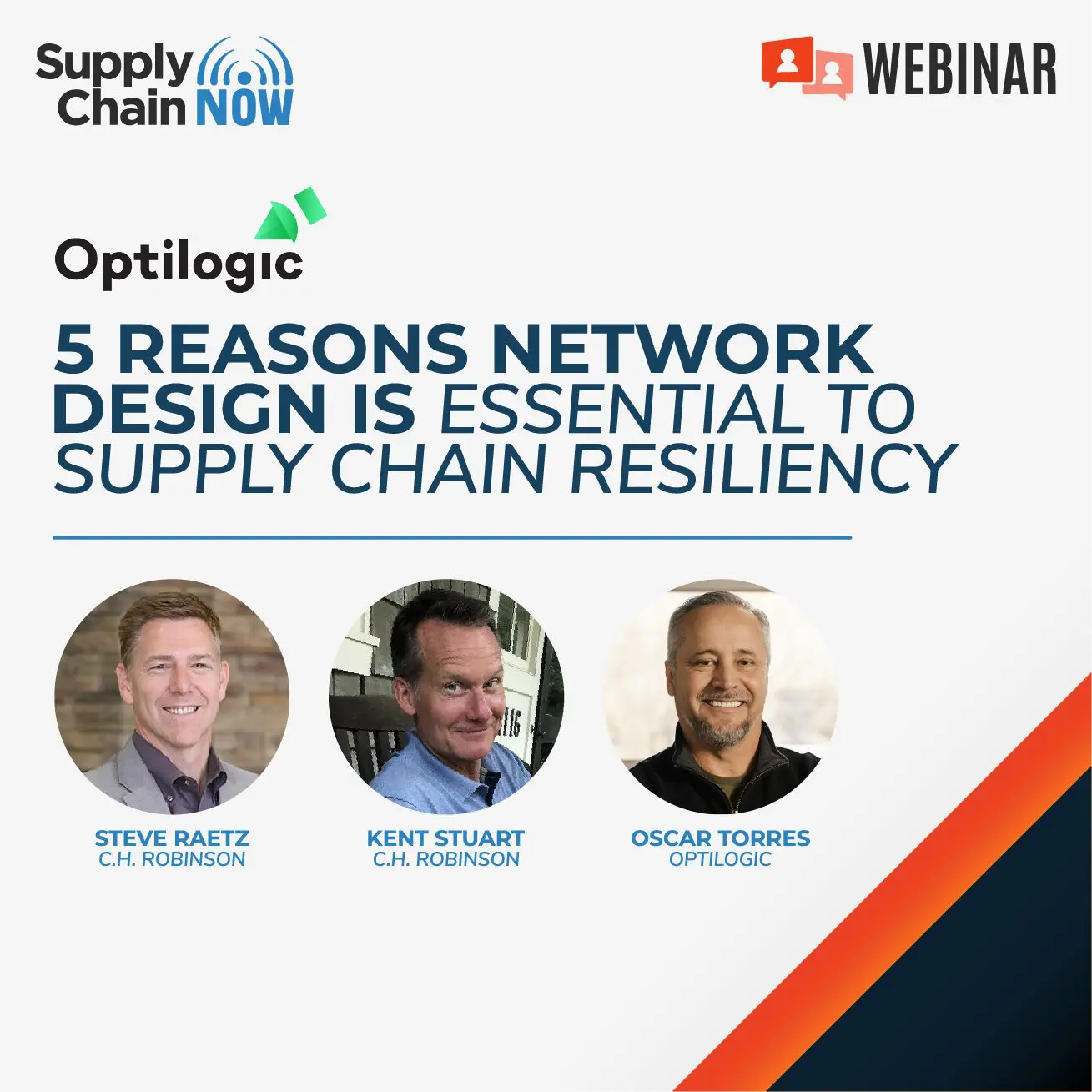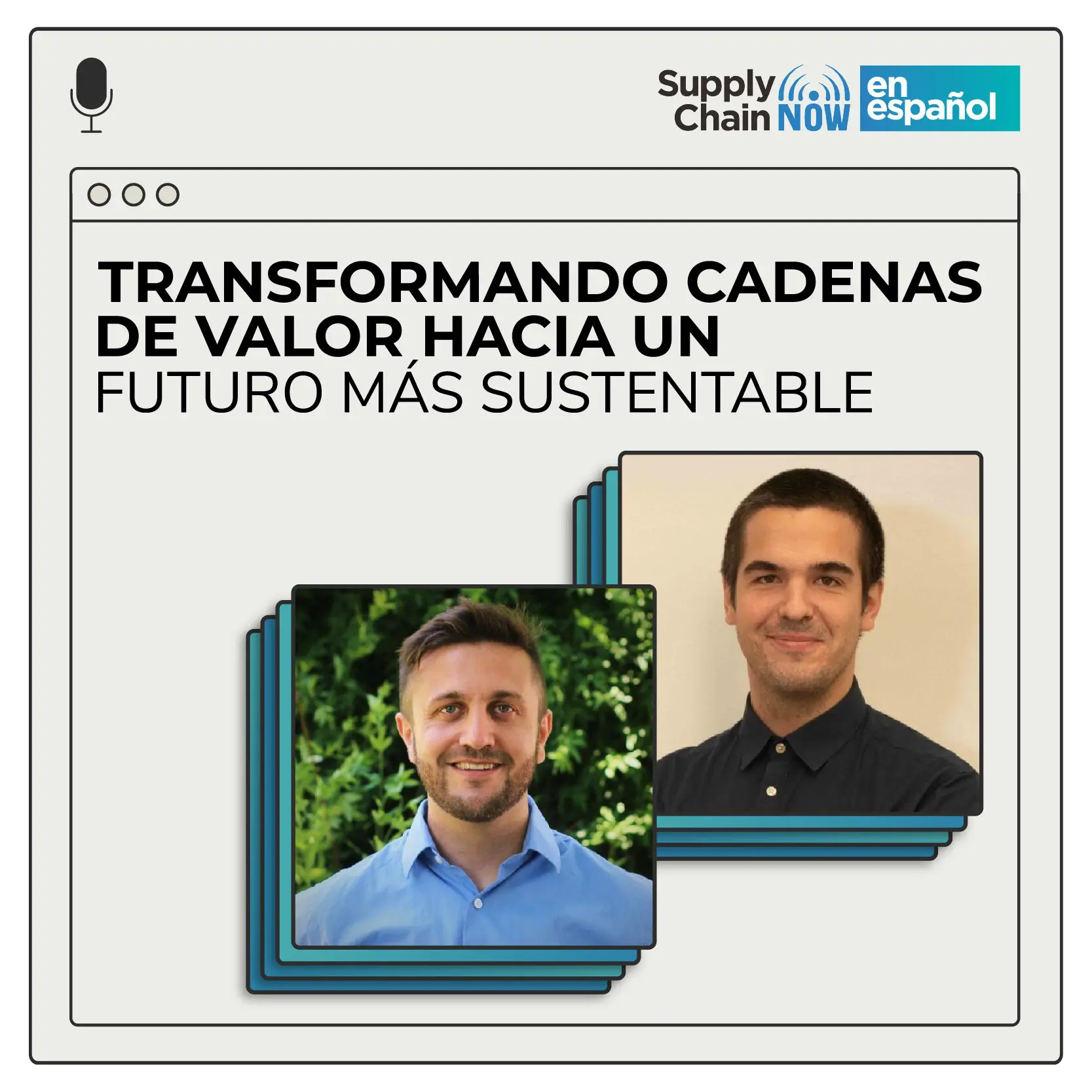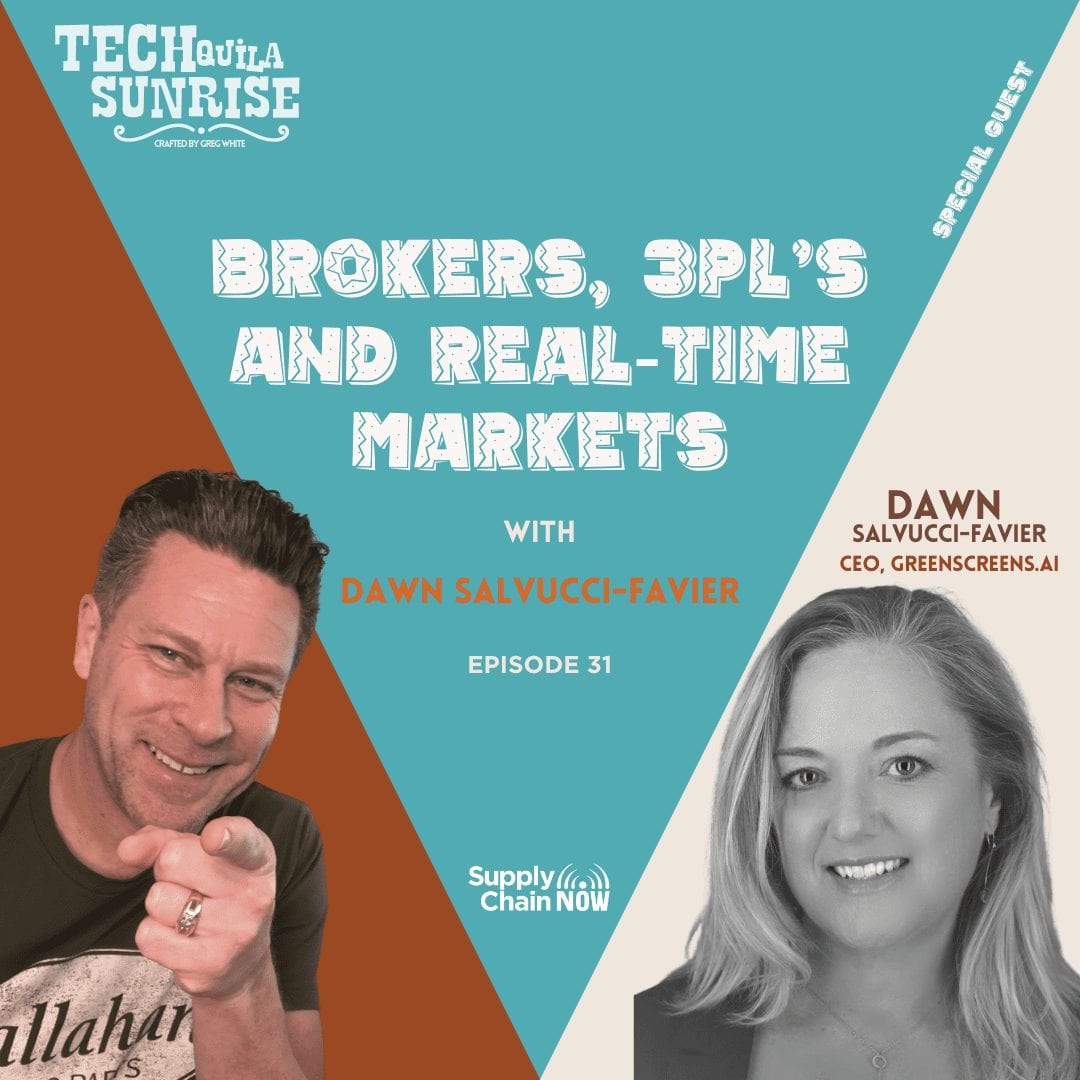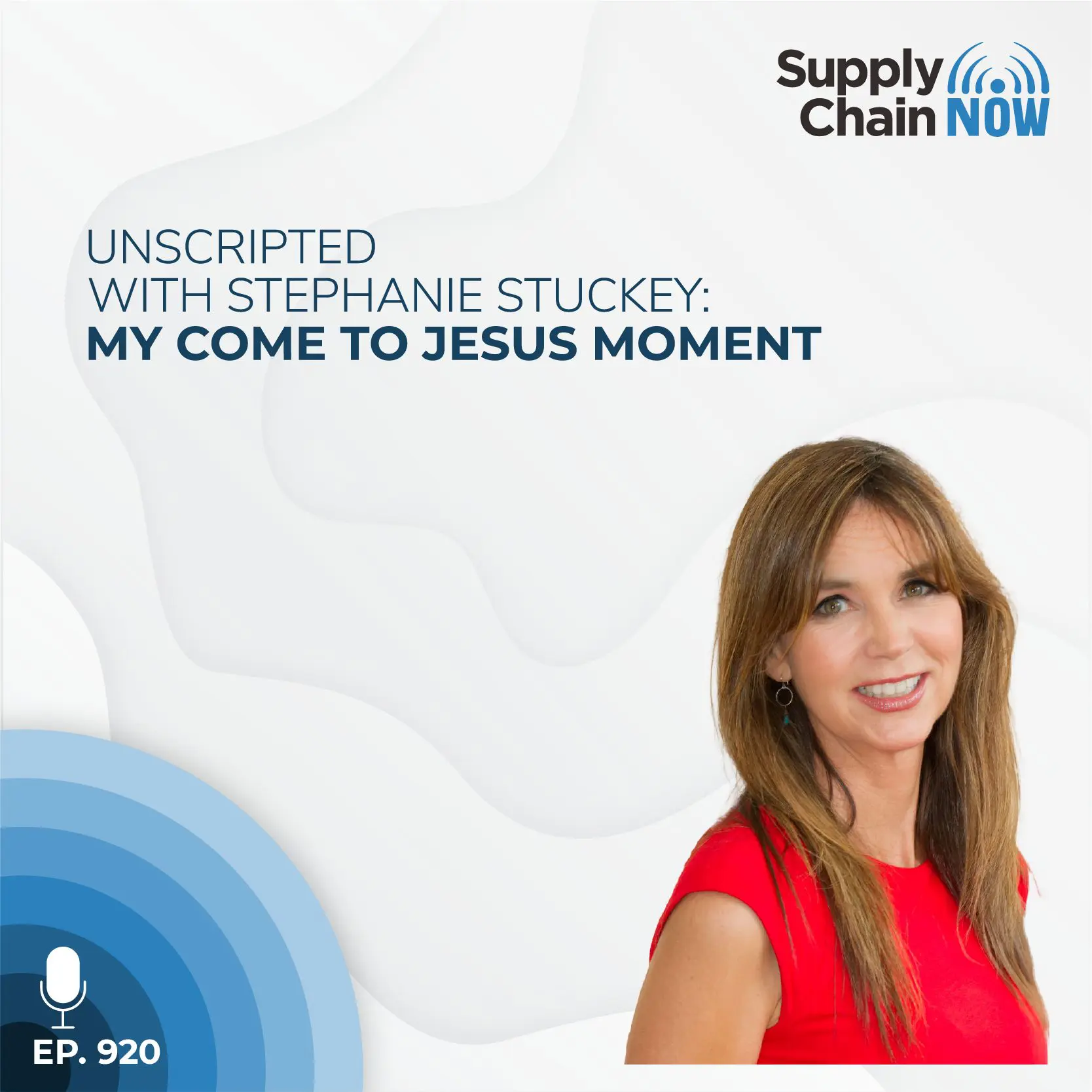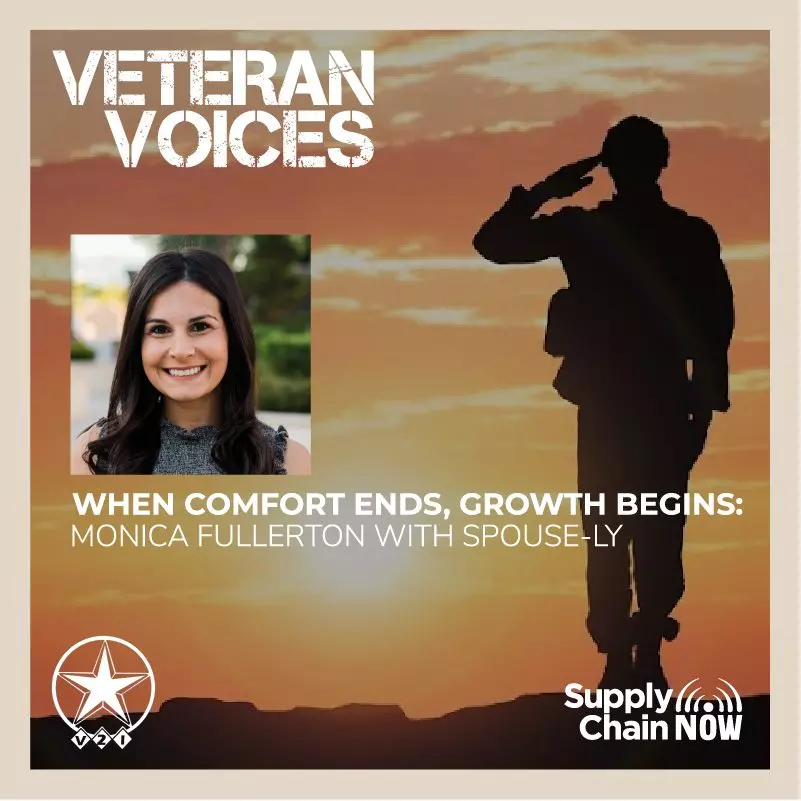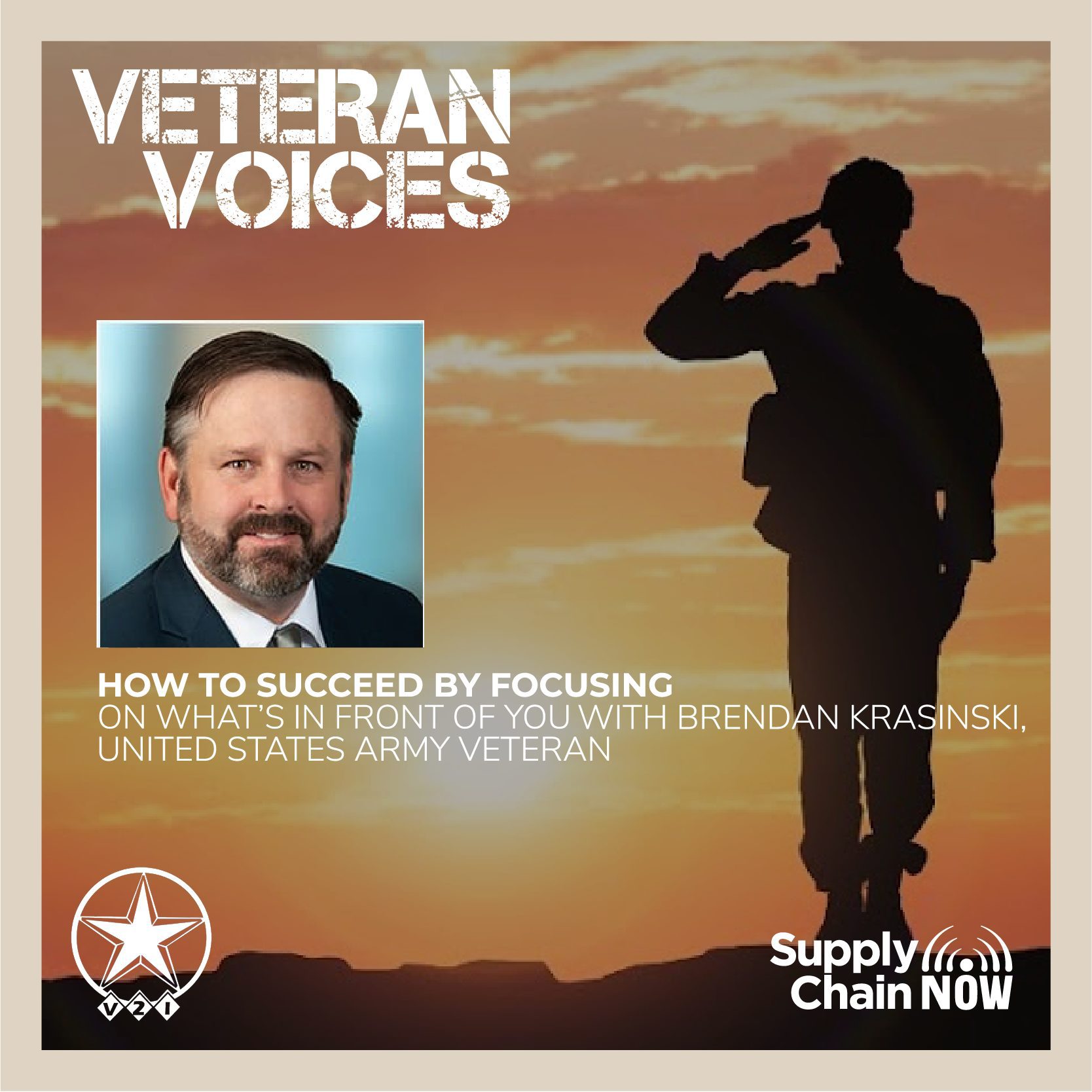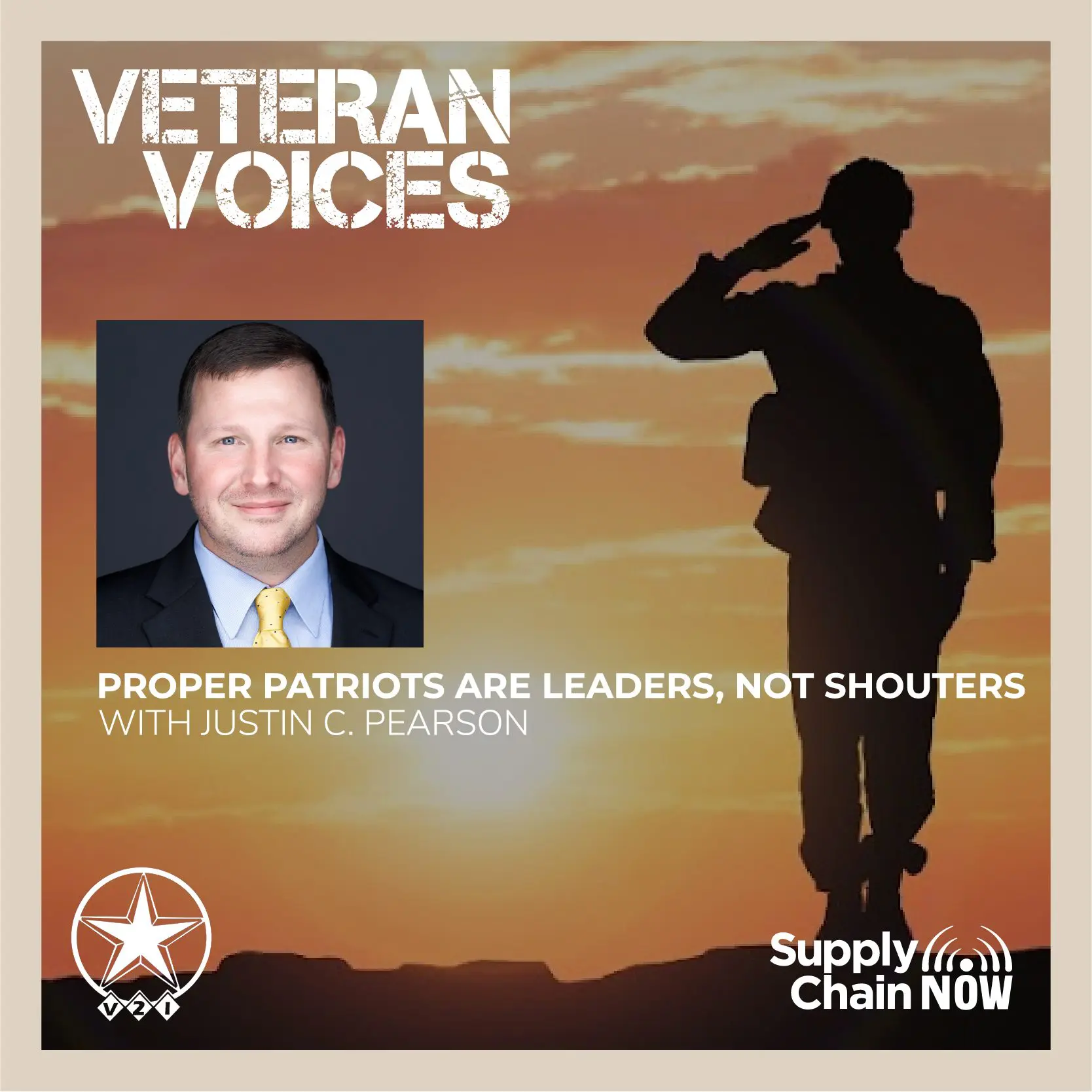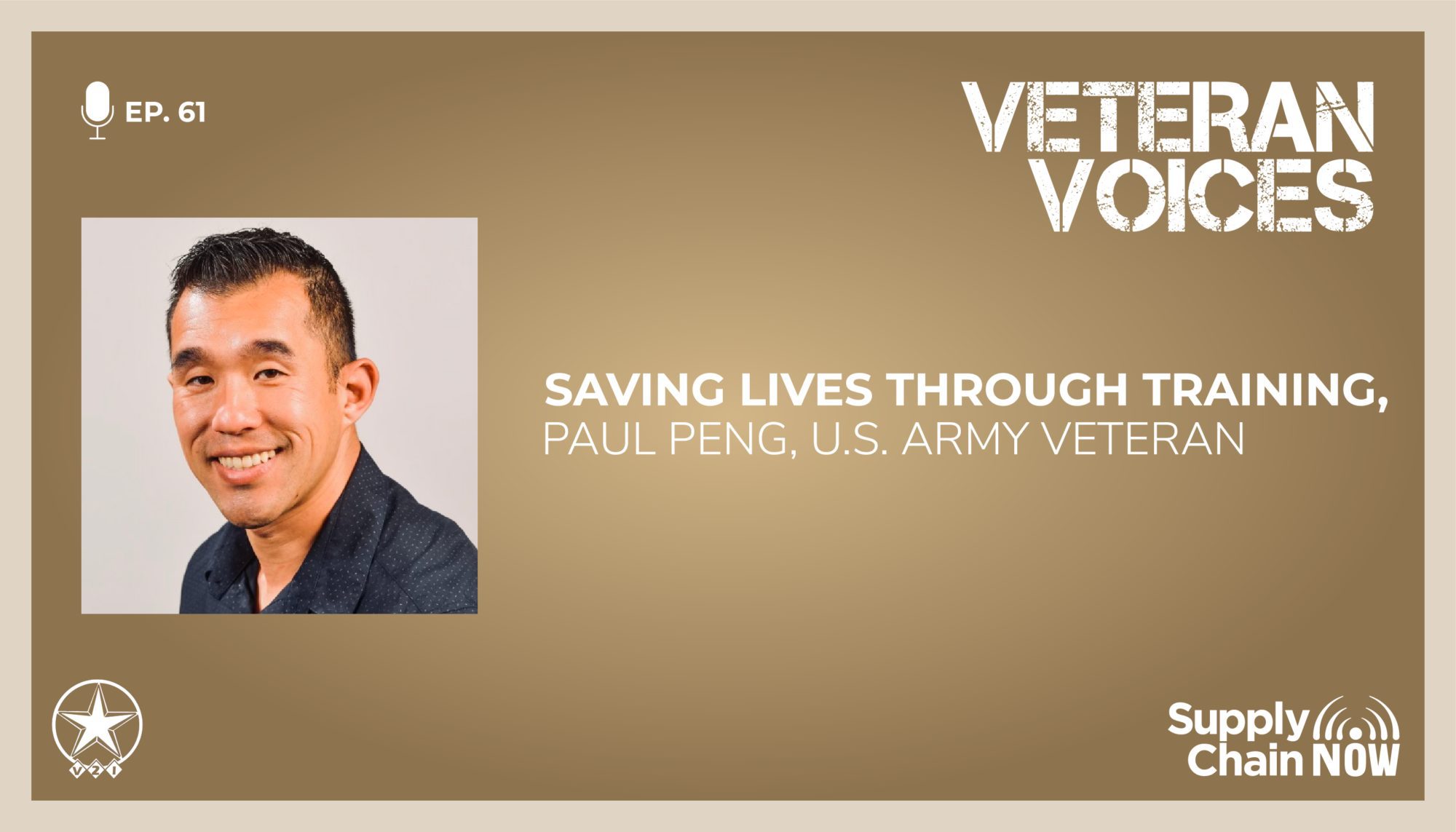
Getting the government to fix a problem is like asking a painter to build a bridge.
-Paul Peng, Founder and President of Sentri Institute, Inc
Episode Summary
There is a reason that so many Veterans exit their military service with an abundance of consistency, determination, and discipline. They need those qualities to get through successfully.
In this interview, Mary Kate Soliva welcomes Paul Peng, Founder and President of Sentri Institute, Inc. He was deployed to Iraq in 2003 and again in 2008. When the time came to reenlist in the Army, he made the decision not to because he was almost certainly going to be redeployed again (and again).
Not that escaping deployment made his transition any easier. Paul had difficulty finding a job because of the recession and turned to unhealthy coping mechanisms. After one particularly close call, he had an epiphany, accepted that he needed help, and went to graduate school so he could take his life in a new direction.
Paul Peng shares a raw and up close look at:
• His overseas deployments
• How Veterans should leverage their time in the military so that it resonates with hiring managers
• His unexpected ‘walk on’ movie role as a gangster thanks to his weapons training
Episode Transcript
Intro/Outro (00:02):
Welcome to veteran voices, a podcast that dedicated to giving a voice to those that have served in the United States, armed forces on this series, jointly presented by supply chain now, and vets to industry. We sit down with a wide variety of veterans and veteran advocates to gain their insights, perspective, and stories from serving. We talk with many individuals about their challenging transition from active duty to the private sector, and we discuss some of the most vital issues facing veterans today. Join us for this episode of veteran voices
Mary Kate Soliva (00:48):
Half a day. And hello everyone. This is Mary Kate Soliva with you here on veteran voices. Thanks for joining us today. As we’ve got a wonderful conversation teed up with a veteran and advocate and volunteer, stay tuned for a great discussion. Just a quick programming note before we get started, this program is part of the supply chain. Now family of programming. The show is conducted in partnership with near dear friends of mine. Big shout out to Brian and the best industry crew. Learn more about this powerful nonprofit organization. That’s serving so many folks@vestaindustry.org, an initiative that’s near and dear to my heart, the Guam human rights initiative here, you can find them on LinkedIn and at the university of Guam under the regional center for public policy. All right, I can’t wait anymore. Without further ado. Let’s introduce our guests today. Our guest today is a founder and president of Sentri Institute, Inc. He’s also volunteers for standup for kids, OC orange county, west side, and I, without further ado welcoming in my army brother here. Paul Peng. Thanks Paul for joining us today.
Paul Peng (01:56):
Thank you for having me, Kate.
Mary Kate Soliva (01:58):
I’m super excited to have you on board. Cause I feel like my last episodes, most of them have been Navy, so I’m like, I gotta mix it up. You get some Navy Marine Corps. I was like, I gotta get some army in here.
Paul Peng (02:09):
I gotta go on the land.
Mary Kate Soliva (02:10):
I’ really, I know. Well, I just like a moment ago we were talking about the army song, but I’m gonna spare everybody from singing that right now, but I’d really like to pump up right now with some motivation and uh, would like to, to see if you could share with our audience today, uh, sort of a motivational quote that you got.
Paul Peng (02:28):
You know what? I have a lot of ’em like, you know, you have Les brown, you have Eric Thomas, you have, you know, David Goggins, you got a whole bunch of ’em right. Mm-hmm <affirmative>. But I think, you know, when, when it comes to all time, favorite quotes, I always like to go old school. I like my Benjamin Franklin quote. You know, most people die at 25, but don’t get buried until they’re 75.
Mary Kate Soliva (02:51):
Interesting. Yeah. Wow. So
Paul Peng (02:54):
It’s, it’s kind of interesting quote because it it’s kind of the same thing today. I mean, most people go to work, right? You hate so Mo most people go to a job they hate, right? Statistically speaking, 83% of, of Americans go to a job. They hate that means 17% actually enjoy their work. That’s a really sad number. Right? So 83% hate the jobs they, they work at, but they go because it provides some form of stability. Right. Cause we all know during COVID everybody got laid off, including me.
Mary Kate Soliva (03:27):
Yeah. Well, a lot, a lot of people did most definitely. And yeah. And we’re still not out of it yet. So no, just to really, I think you’re the first one that I’ve heard would say that one. So that’s a thank you for sharing that motivational quote mm-hmm <affirmative> now I was, I was expecting you to actually sing something, but
Paul Peng (03:44):
Oh, okay. <laugh> you
Mary Kate Soliva (03:46):
Know, but I was like, here we go. 3, 2, 1. We can harmonize, but no, that’s great. You said Franklin. I was like, wasn’t he? The one that wanted, uh, the Turkey to be our national bird. I’m mistaken. Maybe there’s some random
Paul Peng (03:59):
Out there. I always thought it was Thomas Jefferson, but I could have been wrong.
Mary Kate Soliva (04:02):
No, I’m pretty sure it was Benjamin Franklin. Okay. But yeah, that’s, I’m, I’m about to take us way back. Our listeners can’t see you right now, but you’re sitting in a rocking chair. We were just talking about how old we feel right now. But yeah. Like to see about, we’re gonna take it way back. So it was like story time with Paul here. Uh, so can you let our listeners today know about where you grew up?
Paul Peng (04:26):
Yeah, so I was born in Taiwan. I came here when I was one. So I had spent my childhood in Monterey park, California. So, you know, I, you know, spent was like from there from like one year old to about five. And then, um, I, I finished kindergarten there and then I grew up in Cerritos from first grade all the way until I graduated high school, you know, that’s, that’s pretty much where I lived after high school joined the military, came out and the rest is history.
Mary Kate Soliva (04:55):
You and do you have any, you have a big family, small family.
Paul Peng (04:59):
I have mom. I have a mom, two brothers. My parents are divorced. They divorced mm-hmm <affirmative> after my second tour was like 2008 or 2009 or something like that.
Mary Kate Soliva (05:06):
So what is like upbringing? What are some G up like going out? What was your kind of your favorite thing to do as a kid? Did you play soccer? <laugh> be basketball,
Paul Peng (05:16):
No
Mary Kate Soliva (05:17):
Legal things. Only legal things here.
Paul Peng (05:20):
<laugh> legal things. Yeah. That’s a good thing. I’m just kidding. It’s the funny thing. I was never in a sports. I went out a lot partying. So, you know, because I had a pretty rough childhood from when I was since fourth grade. Cause my parents were always bickering. You know, like my dad was my dad and my mom weren’t having the best relationships and that kind of filtered down to me and, and my brothers. So I always kind of went out and you know, I was, you would’ve hated me as a teenager cuz I was the one that like snuck out of the house at like 11 o’clock at night. Didn’t come back till four o’clock in the morning and nobody knew, you know, I found out ways to like unlock my screen door. <laugh> go out. So
Mary Kate Soliva (05:57):
Yeah. Yeah. It’s like a, well, well with that, with that being said, I’m just trying to imagine that you said you were, how old, when you, you came over and you ended up moving. Oh you were one. Yeah. Yeah. Not one o’clock one, one.
Paul Peng (06:10):
Yeah, not one o’clock my, my mind is just thinking time <laugh> right now. I don’t know what
Mary Kate Soliva (06:15):
We are on, uh, different time zones here, but I, I wanted to get a little bit of, I guess, lessons learned from your upbringing. I mean, like you said, you didn’t have necessarily the rainbows and sunshine of, of a childhood that some may have had, but do you have any sort of lessons learned that you have from that time?
Paul Peng (06:33):
Not really. No, I don’t. I don’t think so because I think what actually changed me was probably when I joined the military, ironically, you know, I don’t, if I told you this before Mary, but I joined the military to kind of off my parents. That was how old
Mary Kate Soliva (06:46):
Were you at the time?
Paul Peng (06:47):
I was 17. So I, I joined, I was in the, I was in the delayed entry program. So I joined up in 2000. Didn’t graduate to 2001. So I was technically already in a year before I went to basic, but I joined here’s the funny part. So I joined and, and the recruiter said your son will never get deployed cuz you’re Jo he’s joining the reserves. That’s the only way got my parents assigned because I was under 18. So they signed, I went, you know, I drilled for a whole year. Didn’t really do a whole lot because I, you know, I’m just a, a civilian wearing a uniform at that point, right. A weekend a month and went to basic July 4th, 2001, I graduated November 9th, 2001. So nine 11 happened in between all that.
Mary Kate Soliva (07:27):
Wow.
Paul Peng (07:28):
When my little, you know, reserve quote unquote career just went out the window. Nobody told me that the military police was the most deployed reserve reserve occupation in the entire thing of Bob or whatever. So, you know, I came back, well, I came back from basic and then within like a year and a half got deployed in 2003 to Iraq the first time for a year came back and got deployed to like multiple different other stateside places in between that for like two weeks here, three weeks there a month here, a month there.
Mary Kate Soliva (07:58):
Yeah. You’re talking about deployment now. What, what branch were you?
Paul Peng (08:01):
I was in the army
Mary Kate Soliva (08:02):
Army. Is there a reason why you chose army out of all your, all those other branches that you had to choose
Paul Peng (08:08):
From? They got to me first <laugh>
Mary Kate Soliva (08:11):
That’s I feel like everybody’s stories. Like they ended up in the army because like the, the air force door was closed. Nobody was there or yeah <laugh> they were like on a long lunch break and nobody was in the office.
Paul Peng (08:23):
I got, I deployed twice. Right? So I was deployed in 2003 and I went again in 2008, but my second deployment was actually longer. My first one was year. My second one was a year and a half. So that second one was rough cuz it was a, it was a really long deployment. But the funny thing is in my first moment, I remember going into an air force, DFA mm-hmm <affirmative> and like I was kind of excited and mad at the same time. If you can kind of imagine, cuz you have to remember like if you, if you know, for those of you that are listening, if you’ve ever been to like a Marine Corps defect or army defect, the food’s the same practically right in the morning you have what you have grits eggs. If you’re lucky you got bacon and French toast. Right. And maybe some like, you know, white crap, big crappy bread on the side. And if you’re lucky they got, they gave you yogurt at lunch. It’s like spaghetti with like army ketchup. Right. Which is like their cheaper.
Mary Kate Soliva (09:11):
You didn’t mention the infamous sausage gravy on
Paul Peng (09:14):
This. There you go. That’s that right? We actually didn’t get that all the time overseas. We sometimes got it. And sometimes didn’t really depend on what day it was, but we always got it.
Mary Kate Soliva (09:22):
So you walked into the, you walked in this air force, chow hall and, and you got very upset. Yeah.
Paul Peng (09:26):
Cause
Mary Kate Soliva (09:26):
Because I walked, they have lobster lobster rules or what?
Paul Peng (09:29):
No, they didn’t. Oh it dude that would’ve I would’ve flipped the table if that was the case, but no. So they had, you know, they were having spaghetti that day. And I remember this because I was just so flabbergasted. They had spaghetti that day. They had a guy that was dressed in like a really nice fancy getup with like an apron and everything mm-hmm <affirmative>. And then there was like music playing and there was like lights. There was actual lights, not like those hanging crappy lights, like they just kinda flipped up to a generator, but an actual light lighting setup, they had four different types of spaghetti. They had three different types of sauces and they had a guy make it for you that you could choose what you wanted. Chicken sausage, the, the meatball, whatever. Right. So they had three different kinds of meats. You can get all three, you can get not, you know, and they had a slushy machine and they had like a salad bar and the fruit was actually fresh.
Mary Kate Soliva (10:17):
<laugh> now were you in uniform when you walked in or were you yes,
Paul Peng (10:19):
I was actually in cutter uniform. I remember where I was. I was in cutter. I was in a basin cutter on my, my first deployment. They gave us three days a leave somewhere in there. And we, we showed up in Q for three days. That was our break for the whole year.
Mary Kate Soliva (10:34):
So what’d they do tell you to turn around about facing and go back to your <laugh>.
Paul Peng (10:40):
Well, I mean, I was just like, I joined the wrong branch and then I talked to the, you know, and look guys, if you guys in the air force, I’m not hating. Even though it might, it sounds like I’m hating, but I’m not hating. Okay. It’s just, we get danger pay. You guys get danger pay and substandard living allowance. I’m like for living in a hotel. Love you guys. But I joined the wrong branch. I’m just envious. That’s all I’m saying. Don’t hate me.
Mary Kate Soliva (11:04):
I let you still remember like the different types of spaghetti and the different sauces. They had an actual light. You running didn’t
Paul Peng (11:17):
Wasn’t was like was food. Like it was like restaurant quality of food versus what we had, which was, you know, one step above actually. No, I don’t know what it was. Probably <laugh> cafeteria food. That’s <laugh>
Mary Kate Soliva (11:38):
So well you said you were a, your military police, your whole, your whole career.
Paul Peng (11:43):
Yeah. Mm-hmm
Mary Kate Soliva (11:44):
<affirmative> so how you guys can
Paul Peng (11:46):
Get mad at
Mary Kate Soliva (11:47):
Meall get like a bad rap over, you know, being, being a cup mostly.
Paul Peng (11:51):
Well that’s that’s what I was saying because your listers can’t get mad at me specifically because I never did a day of Garrison. I never pulled that anybody over. Oh, I never issued a ticket. All of my, all of my, my, my experiences were, were in war time. So I have experience with like managing like a, a pow camp managing like, you know, a prison camp, but wow. For the Iraqs. Right. So, you know, my, in my second tour, I worked with a lot at police stations. So we were part of a pit team where we had to me personally, I was in charge of what was it? $25,000. I think it was every month the government would gimme $25,000 and they would, I was in charge of that. And then I would go out to these different police stations and I would see what they wanted. So they’d be like a, like, you know, like a new police car or new roads or whatever, right. Part of a new school, something mm-hmm <affirmative> I’d have a receipt, go back, write a report about it. And then in return we would get information about where Al-Qaeda was.
Mary Kate Soliva (12:40):
Wow.
Paul Peng (12:41):
You know? So that, that’s what I did. And,
Mary Kate Soliva (12:43):
And at this point, how, how old were you at that point?
Paul Peng (12:46):
Uh, my second tour, I was 24,
Mary Kate Soliva (12:49):
But that was also your longest one too. Where you’re out
Paul Peng (12:51):
There. Like yeah. Yeah. That, that, that was a brutal one. <laugh> that second tour was freaking longest. Hell
Mary Kate Soliva (12:56):
My goodness. I know you, you were posting pictures recently if you out.
Paul Peng (12:59):
Oh, that was my first
Mary Kate Soliva (13:00):
One in the desert. Huh?
Paul Peng (13:01):
That was my first one. That was 2003. And then I looked the picture of myself, like, holy. Sorry. I can’t cuss. Holy crap. I looked so like a baby.
Mary Kate Soliva (13:10):
<laugh> you all that experience. That’s why you’re in your rocking chair right now with all
Paul Peng (13:16):
Your, oh my gosh.
Mary Kate Soliva (13:18):
Paying it forward here. So yeah. Speaking of paying it forward, you, you must not have gone through all of that on your own. I’m just thinking like, who were you have any sort of mentors or people that inspired you took you under their wing young. Paul
Paul Peng (13:35):
You mean in the, in the military? I
Mary Kate Soliva (13:37):
Here mm-hmm <affirmative> while you’re still on active duty or the military, she thinks you’re reserves. Yeah.
Paul Peng (13:41):
Yeah. I mean, my first tour, not really. Um, my second tour I had, it was my squad leader. So it was, uh, Sergeant Linko. Right. I remember his name. I haven’t talked to him in years. Um, but I, I do somehow he always stuck with me. We it’s kind of funny on our second deployment. We were nickname the married couple. That was literally our nickname.
Mary Kate Soliva (14:00):
You were the married couple.
Paul Peng (14:01):
Yeah. Me and him were the, were the married couple. So, you know, he just to kind of, you know, he was six foot, three blonde hair, blue eyes. So he looked like, you know, four, I guess I wanna think about it. You know, we all, we worked out together. He was my squad leader. We worked out together, hung out together, eight together, did everything together, but we argued like nobody’s business because every single time we would go out and we would do patrols me, me and him because I was the second command of the squad. Me and him would always talk about, about route planning and about contingencies and so on and so forth. And we would always agree on 80% of it. But for whatever reason, 20% of the plans we never agreed on. So we would bicker about it. That’s what, that’s how we got the name married couple.
Mary Kate Soliva (14:41):
You’re talking about his height here, but our listeners don’t know what he looks like. So immediately, I don’t know why I was thinking of twins and like Arnold Schwartz, and like Danny DeVito. But I don’t think it’s not that much of
Paul Peng (14:50):
A no, it’s just, it was just because the reason, the reason why I, I, I, I kind of describe what he looked like was because he got a lot of comments by how he looked by both men and women.
Mary Kate Soliva (15:01):
Ah,
Paul Peng (15:02):
So just to give you an idea of what he looked like, I don’t know why, but it was just always funny how that, that always kind of happened. But, um,
Mary Kate Soliva (15:08):
Yeah, so great. I mean, yeah. Give him a shout of me who knows if they’ll be tuning into this, you know, episode,
Paul Peng (15:13):
But after you listening to this dude, we need to link up again. Cuz I haven’t talked to you in like decades. He lives in New York. Well, he, he lived in New York. I don’t know where he lives now, but he was a police officer in New York.
Mary Kate Soliva (15:24):
Yeah. Its like, I mean, especially on, on deployment though, he just really want to, to find those folks that you can really hang onto those ones that really take you under their wing, make sure that you you’re squared away. That you know, you looking sharp and got everything that you need.
Paul Peng (15:40):
No, he definitely kept me on, he definitely kept me on my toes, but it’s funny. We, and you know, like I know we, we said were the married couple, but we actually complimented each other in a lot of different ways. I, I remember I went on uh, my, my, you know, in my year and a half deployment that gave us two weeks this time instead of three days mm-hmm <affirmative>. So I flew back home to, to the states to spend time with my family. And then I flew back long story short. I did not wanna go back, but I had to, but when I came back he was like so happy. He was like, oh my God, you’re back. Thank God. I’m like, why what’s going on? <laugh>
Mary Kate Soliva (16:10):
Missed the other half. That’s why I missed, oh my goodness. Well, how many, how many years did you end up serving?
Paul Peng (16:16):
It was 9, 9, 9 years. Total. I was stop lost. So my eight year contract ended and um, I was still in Iraq, so they held me over against my will for another year.
Mary Kate Soliva (16:25):
Well, you had a great time.
Paul Peng (16:26):
Oh Adam. Well, I, you know what I did because,
Mary Kate Soliva (16:30):
Well this is before like the YouTube right too Paul, like you didn’t get to do one of those, uh, those videos, lip sync karaoke sort of things while you’re
Paul Peng (16:39):
No <laugh>
Mary Kate Soliva (16:39):
Down range.
Paul Peng (16:40):
No, no we, what we did do was we did do like a little, I, I, I can’t find the video anymore. We did like this little skit with, you know, with, uh, with the Marine Corps cuz they were, they were with us in Fallujah when we got deployed, they were kind of like our bodyguards. So they, there was a platoon of Marines, guarding a squad of army people going around all these police stations to, to make sure that we stayed safe. But I mean we did little skits there about cereal. It’s funny cuz I always miss like, you know, I, I don’t, I don’t really care too much about the bad part, the bad times about us, you know, getting into, you know, getting blown up or anything like that. I don’t really care too much about that.
Paul Peng (18:26):
But another thing I, like, I, I remember, um, is smoking COA with the Marines every night and, and the Iraqi. So what we would do is for whatever reason, the Marines always had a crap ton of hand sanitizer. They had crap for food. Like they had no food or, I mean, let me, let me, let me rephrase. They had food, but I wouldn’t label it food it’s edible. Right. It kept them alive. That’s probably the best term I had for it. But for every reason they had a crap ton of hand sanitizers. It was like a room full of it. So what we would do is we would take a, the HESCO bar cut out like, like a little metal grate, get some rocks, put it together and pour hand sanitizer in, in, in the pool and put the grade on top and like the hand sanitizer on fire. And that’s how we lift the hookah. And we actually got a lot of Intel that way on a side note, just to smoking hookah with the Iraqi police and, and, and their, and their version of SWAT.
Mary Kate Soliva (19:21):
Well, it’s, uh, you all got creative and I only hear stories now about the things that happened. One of those, like sometimes those stories don’t get told
Paul Peng (19:33):
<laugh> so was the best stories, man, when it’s, it’s not, it’s not the combat. It’s not, you know, going on,
Paul Peng (20:17):
Well, um, I got,
Mary Kate Soliva (20:18):
Would they rush you out the door?
Paul Peng (20:20):
Yeah, actually they did. So I had 30 days of leave, so, you know, I got home and then my tour ended, but then I had 30 days of leave. So I, I wanted to make sure I got paid for those 30 days. So I stayed my 30 days and then they give the ETS, me and all that other stuff. And I got out. And your question was, how was my transition?
Mary Kate Soliva (20:37):
Mm-hmm <affirmative> like that, that decision that you had about like, okay, I’m at eight years, this, this is it. Time to go, where do I, what
Paul Peng (20:46):
Am I gonna do? Yeah. At nine yeah.
Mary Kate Soliva (20:48):
Nine
Paul Peng (20:48):
Years. Yeah. When I was done mm-hmm <affirmative> I mean, they offered me, they offered me $35,000 tax free, uh, tax reenlistment, reenlistment for three years. And then they actually recommended OCS for me. So I was gonna be a second Lieutenant, but I declined it because I heard through the grapevine that my name and several others were on a listed, deployed Afghanistan within two years. One of the things done. Yeah. One of the things I noticed about the military is that, I mean, again, I could be wrong. I’m just speaking from my perspective. But one of the things I noticed at least about the army is that what they do is if you’re brand new, they don’t generally deploy as much is if you’re like already been deployed, you have the experience where they just keep sending you and sending you and sending you. That’s why some people have seven deployments, some have five, some have three. I had two, right? Cause I got out in time. I would’ve had three mm-hmm <affirmative> um, but some had none the entire time. Some people never got deployed.
Mary Kate Soliva (21:40):
Oh, wow. Yeah. Well that was the thing is like compare comparatively. I mean, that, that was it too. That time after nine 11 was a, a lot of men and women with stories like that of just those 18 month deployments back to back deployments,
Paul Peng (21:56):
It kills you. It does. I mean, it it’s a lot. It is a lot.
Mary Kate Soliva (22:00):
So they, with your transition then, like you didn’t even have a year or two years, like a lot of service members having at list, you had 30 days had
Paul Peng (22:09):
30 days,
Mary Kate Soliva (22:09):
30 days. So you left the bonus on the table, decide to walk. What was that like for you? At least when you, you know, you got that D two 14 in hand, did you have a job lined up or
Paul Peng (22:20):
Nope, nothing. Um, I had savings. I got home and it was hard. It was actually hard cuz I didn’t realize it, but I actually ended up becoming an alcoholic for like almost eight months after I got out. I hadn’t, I didn’t even know. I became an alcoholic. That was the sad part. Right? Most alcoholics don’t know they become alcoholics. Right. So I was probably polishing off probably about two bottles of wine and a day I was a wine drinker. I didn’t really like beer or hard liquor that much. I was more of a wine drinker. I still am. But you, um, I Dr. I, I polished off two bottles of wine a night, every night. Like I could not sleep unless I drank. And when I drank, I had a gun under my pillow, because that’s what I did when I was overseas. I didn’t feel safe about it.
Paul Peng (23:02):
And one day I was living at Hollywood time and then I ended up getting a job at U-Haul for cuz it was during the recession, the, the great recession in 2009. Right. So nobody had any jobs anywhere, got a job at U-Haul as an operations manager. And I hated it. It was a horrible job, but it was, it paid the bills for the time being. And one day my room because oh, also in Hollywood we had tendon parking. So we didn’t have our own individual spots. We had one long spot where two cars filled. So sometimes if some person needed to get out, needed to call the other guy to move the car so that they could do their thing. So my roommate comes over to my room because, uh, it was a woman at the time she, you know, she, she needed to get out so that she needed to move my car. So I was sleeping, she wakes me up and it just, I was kind of, so groggy, half buzzed and drunk from drinking alcohol, she wakes up or she wakes me up and I, and I was having a bad dream. So I thought I was being attacked. So I grabbed my pistol and I was about to attack her until I realized it was a dream. And I woke up and I freaked out. Right. I thought she what’s that like,
Mary Kate Soliva (23:59):
Wow.
Paul Peng (24:00):
Yeah. So I thought she was the enemy, but, and at that point I’m like, okay, I need help. Right. Because, and then at that point I need to figure out a way to, to feel safe without a gun under my pillow. So I switched it out for a, uh, a ruler. So I could grab a ruler that way. If I smack somebody with a ruler, it’s not gonna hurt that much. Even if it was a mistake. Right. But, uh, yeah. I, I, I, I saw several the, yeah, that was, that was a pretty interesting time. Um, I ended up going to grad school because I figured, and then after that that’s, that was kind of like one of my, my coping mechanisms cuz after my first deployment, my, my coping mechanism was just to throw all my energy into school. My GPA actually shot up from like a 2.7 at, at when I was getting my undergraduate degree. It’s about a 3.8 when I graduated a 3.7, I think so. I, I, you know, I that’s all I did. So what I did was I figured I’d do that again. After I had that episode, I went back to grad school, you know, got my, got, got my degree, graduated and then yeah. Worked at the port for 10 years and here I am today, got laid off and here I am today.
Mary Kate Soliva (24:58):
Well, you know, and that’s how I ended up meeting. You was through, through LinkedIn and mm-hmm <affirmative> I remember you sharing that part of your story with Vesta industry and I was still going through my transition too, but that part about, you know, that, that the months that went by before, you’re like, I need help. And that, that turning point there, uh, did you, did you find that you had a lot of support at that time? No. To get help? No. No,
Paul Peng (25:26):
No. Not at all. The VA was, well, this was, you have to understand that this was before the VA got put on blast, right. By pretty much everyone,
Mary Kate Soliva (25:36):
But even just like your, your internet work, like close friends, family battle buddies work.
Paul Peng (25:44):
Yeah. Well my, my, my mom didn’t understand. So there was no point in talking to her. Right. My me and my mom’s relationship kind of got strain it’s it’s better now, but there was a long time where me, my mom and my dad, I just kind stayed away from my family for a long time. Just because there was no point in trying to tell him how, what I was going through because none of them went to war. You know, my dad was always talking about his military, his military training. I’m like, dad, you went to basic training. And he left after six months that that’s not the military, that’s just boot camp. Right. You didn’t, you didn’t go to war. You didn’t shoot at anybody or get shot at. So don’t, don’t talk to me about your, your time cuz it does, it doesn’t even compare. Right. And then that would get me upset. Right. So no, I didn’t have any support from anybody. No
Mary Kate Soliva (26:25):
One vice point. When you did decide to seek help, did you, were there any specific resources that, how about now?
Paul Peng (26:32):
Well, I mean like, I mean, as far as resource, I had to look them. Right. So nobody right. Like came to me like the army, didn’t say, oh, here’s a list of resources that you need. They literally just said here’s D GTFO.
Mary Kate Soliva (26:44):
Right. Right. Right. And, and I see that like with the, and I ask that because just fast forward to now, uh, just the, the plethora of resources that are available. And I do think with our smartphones and internet and just like the access to things a lot with pandemic now moving a lot of folks virtually too. There’s a huge virtual presence. A lot of these organizations are out there and have resources available, but there’s a lot of it where we don’t know about the resources or it can feel overwhelming because there’s so many and you don’t know which one is really the right fit for you. And you can get a bad taste in your mouth. If there’s one that you make yourself vulnerable, you go and it doesn’t work out. Yeah. But that’s where I’ve talked to somebody where, you know, take that step back and then sort of reroute, redirect, re rethink the whole situation and just give it another shot, you know, try to talk to another organization, try not to shut down just because one organization wasn’t the right fit. But that’s why I actually am all about there being so many different organizations available that offer resources because the, the way they address different things and even the support group, sometimes the group therapy isn’t for everybody. Some times people want one on one, so, but there’s options available.
Mary Kate Soliva (28:01):
You’re right. But I wanted to see with the, with your transition, I know you gave us a little bit of a blurb before. Um, you know, when I initially met you in talking to vets to industry, uh, who’s one of our, our amazing partners. But if you were to address a room full of transitioning service members, now, what sort of advice would you give them? Especially those who have been to war like you have,
Paul Peng (28:23):
I would say, get with your county work sources as soon as possible, right? Every county has a works with the problem is the county that the, the government in general does a really poor job at outreach period. I don’t think there is any listener that’s listening right now that will disagree with me on that one. Right. Getting the government to fix a problem is like asking a painter to build a bridge. I’m sorry, that’s the truth. Getting the government to fix anything is like asking a painter to build a bridge.
Mary Kate Soliva (28:54):
So in the so of the government, would you say more so leaning towards these
Paul Peng (28:58):
No private programs, organizations
Mary Kate Soliva (28:59):
Established nonprofit organizations.
Paul Peng (29:00):
Yeah. I mean, the programs are established, but they do a really poor job at outreach. And they’ve been told that, but no effort has ever been done to do that. So it’s up to us to do it. My second thing I would say to veterans would be as sad as it is. And it took me a long time to realize this. Nobody gives two fill in the blank about your military career. Nobody does. They might say, thank you for your service, but that’s just more or less. I mean, I’m, don’t get me wrong. It’s I’m grateful. Right? It’s a lot better than back in, you know, the Vietnam era where they didn’t even do that. They ended up spitting on you and calling the baby killer. Right. I trust me fully aware that I’m not saying that at all. I’m just saying that out in the real world, you are to, to most employers, you are no different than anybody else.
Paul Peng (29:49):
Even though they say, thank you for your service. At the end of the day, they gotta look out for their own interest. So you being in the military, they don’t care. They don’t. But what they do care about is what traits that you obtained from the military. How can your traits help them succeed? They do care about that. So a lot of what I would say is learn how to use civilian lingo to kind of alter your experiences, right? Like, so a lot of people let’s, let’s say let’s take 11, Bravo, let’s take the standard infantry, right? When you come out, what do you tell the employers? I know how to kill people, right? How is that gonna, like, how does you being a, an infantry guy and breaking down doors and clearing rooms and route clearing and patrols and, and, and all that. How does that help me? We don’t do any of that here. Right? Well, instead of saying that say, well, you know, you’re disciplined you, when you set your mind to something, you, you get it done. You’re reliable,
Mary Kate Soliva (30:50):
The leadership skills,
Paul Peng (30:51):
Your leadership skills, right. So they can relate to that.
Mary Kate Soliva (30:54):
Right?
Paul Peng (30:55):
And I think a lot of veterans, they kind of, you know, and even it doesn’t even have to be army, air force, Marine, whatever. It doesn’t matter. Right. A lot of times, and especially for like veterans that suffer from depression and PTSD afterwards, it’s really hard because they look at this gigantic mountain that they have to, that they have to face, but their mindset keeps them locked down because of the symptoms of post-traumatic stress, you know, a TB, uh, traumatic brain injury or, or MST, military sexual trauma. Right? So what, whatever, you, you, you kind of experienced, it always affects your mindset. And I would tell, ’em look, get a good support network if you don’t have any find a way.
Mary Kate Soliva (31:33):
And I would say that it, I think in some cases, some organizations, there is a cultural shift that I’m seeing. And as far as caring about the service and understanding it, taking the time to learn about it more, I mean, I’ve had, I have colleagues. Who’ve never served, but they ask me, you know, they, they ask me about it and granted, they may not understand fully like what we’ve been through, but there’s like an appreciation there because they, they want to try to understand, and they may not get hired. Like you said, they, they’re not gonna get hired on the spot just because they came outta the military. But being able to translate those skills that they learned, those hard skills, soft skills into that. But in some cases I am seeing a lot of companies have recruiters that are specifically military recruiters to help them, you know, and try to hire from the military pool. So I do see somewhat of a change there, but you’re, you’re spot on as far as trans the translation piece, because it only gets you so far. Just exactly that service part.
Paul Peng (32:34):
I mean, in, in, in many ways, you know, veterans, you know, for those of you that are listening, it’s also look, it’s not completely like the vet. The employers don’t care that you’re a veteran, but they do care that you’re a veteran in the aspect of this. You have to keep in mind that you are not a regular civilian. You are technically what’s called a special category. So if companies hire veterans, they get a tax break at the end of the year. So they have an incentive to hire veterans.
Mary Kate Soliva (32:59):
Yep.
Paul Peng (33:00):
So, yeah, that’s, you’re always gonna be preferential to a civilian just by that alone. Right. So if you knowing that for those of you listening, knowing that if you go into a job interview, make sure you let them know that they’re a, that you’re a veteran because they automatically means that if the company hires you to get a much better tax break at the end of the year, it’s a very big difference from hiring a civilian. Okay.
Mary Kate Soliva (33:24):
Well that, there’s, there’s some advice for any of the companies that are listening in today.
Paul Peng (33:28):
Yeah. You know,
Mary Kate Soliva (33:29):
It’s like for any of the employers out there that may not know that, you know, start hiring some veterans. And I know it like, even for, there’s a big push now of, of hiring military spouses as well. So of course,
Paul Peng (33:41):
You know, what few spouses out there, man, I, you guys are <laugh>, you guys are flat out amazing. You guys don’t get enough credit. You guys superhero guys go through all the emotional rollercoaster. Hell I mean, I, I look, I can only imagine what it would be like to, to imagine like your spouse being overseas and you know, that they’re in a dangerous area and you know that they do dangerous stuff every day in and out, like, you know, those special forces, Navy seals, green Berets spouses, man. Oh my God. You guys know that your husband signed up to do the most dangerous missions out there and you gotta sit by the phone every day and hope to God, it doesn’t rain. How do you like seriously that that is that’s his own mental torture. And for you guys to survive that, do you guys deserve God, the highest praise thing possible? I don’t even have a word for that.
Mary Kate Soliva (34:35):
That’s pretty huge. Shout out and thank you to all our military and veteran spouses, um, you know, spot on Paul, as far as thanking them absolute superheroes and just taking care of the, the home front and so much more. And, uh, just even being that support for when we do come back home. Absolutely. But I, I wanted to talk about, uh, shifting gears a little bit about what you’re you’re doing now. And you went through, talked about your upbringing, your military career transition, and now fast forward, you’ve been out how many years now? I was like, now we gotta do how many fingers and
Paul Peng (35:20):
13 years count. Wow.
Mary Kate Soliva (35:29):
So, yeah, you’ve been out 13 years now. So what are you doing now? I know I said it so quickly in the beginning, but our listeners, again, just, uh, you know, founder and president of century Institute, Inc. So you’re the founder. So what led you on this path to entrepreneurship? Um, or I should say venture entrepreneurship.
Paul Peng (35:51):
I mean, ironically, it was, it was my, my, my ex-fiance when we were, you know, still together at the time, you know, she was on an Uber ride and some guy said something or another, and she was like, I would love to get security training or firearms training. And I taught my, my fiance how to shoot. And my ex fiance was like, you know what? You should start your own business. You’d be good at that. So I was like, all right, well, let’s, let’s, let’s take a look, right. I mean, I didn’t really take it too seriously at the time, but what I, what I ended up doing was at the same, around the same time, I was trying to figure out ways, you know, learning about financial education and, and getting kind of dialed in on that. Because one of the biggest things that people don’t understand is how money works, right. Just because you get paid more an hour doesn’t necessarily mean you can buy more with it case in point, look at us right now. What does $15 an hour get you nothing with gas at what, five 80, a gallon gallon, six 50, a gallon, $8 a gallon. You’re working to just
Mary Kate Soliva (36:43):
See you’re, you’re gonna date this episode. Now people listen to this for like five years from now. Like I remember that time when gas was over $5, but, uh, yeah, I just, yeah, I definitely wanted to touch on, on, you know, what, what you’re doing now and cuz I see there’s, there’s a lot of entrepreneurs out there, a lot of entrepreneurs, but I, I really see like yours as what you’re doing is really giving that, that sense of security. You’re like giving people that confidence that they, they know how to operate a firearm, they know how to hold a firearm and that security piece. And um, even, even like the, the volunteer work you’re doing. So definitely wanna make sure that we have enough time to talk about that. But you have to talk about just a little bit about kind of the, the work that you’ve been doing and uh, with the groups of people that you’ve been training.
Paul Peng (37:32):
Yeah. So, you know, uh, we, we found a century Institute Inc at 2019, uh, we’re a firearms and security certification and training company. So our motto is we save lives through training, right? So everything we do revolves around the why that’s our, company’s why. So whether it be firearms training, uh, we’re certified through the state of California for BSI to train security officers all, all through all levels, the Baton exposed firearm permit, we do concealed carry weapons, training, uh, active shooter training. For those of you that are a little worried about, you know, what’s been happening in our society lately, situational awareness training, OC certification. And we also do, um, in, uh, executive protection training. So everything and anything we do revolves around saving lives through training. Our second set is we actually branched off a little bit as a DBA called century on set. So we started to do movie services now, too. So we’re, uh, we just finished our first movie of the four points where I was the set armor and magically just made, made it in the movie as an Asian gangster. I’m like the worst Asian gangster, by the way, like anyways, it’s a, it’s a cool movie,
Mary Kate Soliva (38:38):
No career acting then, huh? No,
Paul Peng (38:39):
I have one line in the movie, but I’m in several scenes, but I have one line. So I, I can do one line. I, I can’t do any of that other crap, but I can do one line. But, um, I was mainly responsible for the, for the weapons on set. So, you know, that’s kind of taking off, we got our second movie, the charisma killer shooting started shooting in October and uh, Rai’s gonna be in it if you don’t know who Rahi is used to be in the WWE Rock’s cousin, the big mm-hmm <affirmative> moan dude. Yeah. He’s gonna be in the movie. He just got cast yesterday.
Mary Kate Soliva (39:06):
Oh wow.
Paul Peng (39:08):
But that’s kind of like our second thing. So we’re trying to, we also offer prop weapons. So we’re, we’re renting them out to movie sets. So it’s, you know, we’re trying different things. One of the things I would tell you guys for all your entrepreneurs out there, just try it, fail, keep failing, and eventually you’re gonna fail and, and be right.
Mary Kate Soliva (39:27):
Are any, any, any of the skills from your time in the military that you feel like you’re using for this job?
Paul Peng (39:33):
Yeah, probably just straight consistency and just determination. Probably discipline for sure. Because a lot of this stuff, I mean, it’s, it sucks too because you know, being an entrepreneur has a lot of advantages, but when you fail, especially when you fail big mm-hmm <affirmative> it sucks because there are times when I think I told you before Mary, where I worked for days like today I’m working. Right. But I’m not getting paid to do it, but I have to do it. Right. So, you know, it’s, it’s, it’s a, it’s a complete mindset change and believe it or not what actually got me to start the business to kind of get me to actually do it was a book called rich dad, poor dad by, uh, Robert Kiosaki. If you guys had to check that out, check it out. It’s like 10 bucks. Everybody can afford 10 bucks.
Mary Kate Soliva (40:17):
Yeah. So yeah. I definitely know a lot of folks to break on through that book. And just trying to circle back on what you’re saying about the hard skills, soft skills, as far as cuz that is a leap of faith, you know, it, sometimes it, there’s not like a, a book to just explain your exact path you’re navigating still there’s people can offer advice, but you’re still figuring it out and gonna fail, but it’s gonna take that self-determination and preservation to push through and say, I can do this and figure it out. Cause I, I think every entrepreneur I’ve talked to has gone through like a lot of highs and a lot of lows <laugh> as, as far as figuring out their <laugh>. But the thing is you have like a whole, like you said, you just mentioned, you know, some folks that you get opportunity to work with and just having that team around you.
Mary Kate Soliva (41:03):
That again, the veteran entrepreneurs I speak to, it’s not that they’re doing this on their own. Like they’re reaching out, they’re listening to podcasts, they’re reading books, they’re talking to other people who have done it. And they’re like just learning just like a sponge, just taking it all in. And that’s sort of what we’re trying to do. You know, here with veteran voices is just really getting those little anecdotes. Those lessons learned throughout your whole, your whole journey here. Uh, just from the time that again, you’re upbringing all the way up to, to what you’re doing now. And I see that you’re given back and I just wonder our listeners to get a chance today, to hear more about the work that you’re doing to give back, especially to these kids. And I talked a little bit, just mention, stand up for kids OC and was wondering if you could tell us a little bit more about that organization and what you’re doing with them.
Paul Peng (41:51):
Yeah. So stand standard for kids, OC they’re an organization based on a garden Grove. Um, they actually got introduced to me by the city garden Grove. So we reached out to the city, the city and I have a partnership where we want to get security going because you know, crime is lately has been a little interesting anyway, everywhere. So, um, we teamed up with the city garden Grove and they linked us up with standard for kids. So we train the youths on security because they have no money. Right? So the city fronts the bill for the money. So I, I do get paid for that part, but the PA the part I don’t get paid for and I’m voluntarily doing is when they graduate, I want these kids to get jobs because I wouldn’t be helping anybody just by going in and certifying people, giving them a certificate patient, say, okay, fine, have a nice day. I don’t care. Right. That, that would be selfish. Right. That would just be, it would be horrible. Cause a lot of these kids, for example, like I, I was talking to the executive director, Justine, her name’s Justine. And she was saying that one of our busiest times is right now actually we’re June 9th graduation was this week. Right. For most of the schools
Mary Kate Soliva (42:55):
Mm-hmm
Paul Peng (42:56):
<affirmative> right. So they would say that right around this time they get super busy. I’m like, what do you mean? And they’re like, we get a bunch of 18 year olds that get dropped off at our front door and the parents just take off and ditch them. I’m like, are you serious 18 gone by that? Yeah. Legally they turned 18. They have a few kids that get dropped off before they turn 18 when they graduate and they’re still 17, they get dropped off and they just abandoned them. They, the, the parents, I had, I one, uh, they, they told me of one story where they, uh, parents dropped them off in an RV and they just took off and went to Florida or something. I don’t know. But they just took off abandoned the kid. They gave him 20 bucks. That’s all, he had $18 and 20 bucks in the buck. That’s it?
Mary Kate Soliva (43:36):
So is this organization does, uh, stand up for kids? What sort of services do they offer to the child or to now the young adult?
Paul Peng (43:43):
They offer them housing food, um, to my knowledge, food, housing, clothing, and, uh, workforce job training. So that’s, that’s the part I take care of. Right. Mm-hmm <affirmative> so I go in and um, my services are paid for, from the city, right? So that’s, that’s where the partnership kind of comes in and the city gets it from a grant from the county and the county gets it from the United States, so on and so forth. But that part is I’m, I’m compensated for, but what I do is afterwards, I do follow up. Right. I, I don’t, I don’t get paid for that. I, I volunteer for that part because seeing these kids just to get certified, I mean, that’s one thing, but I want to link them up with employers. So what I do is I create partnerships with different kind security companies. There’s no money involved with these partnerships. It’s literally just right. Hey, can you partner with me so that I can send people to you? So that it’s a direct path of getting hired.
Mary Kate Soliva (44:32):
Now you have these young adults who may not have worked a day in their life prior to you assisting them. So what is that, that conversation like with employers? Um, as far as what these, what these young adults bring to the table?
Paul Peng (44:47):
A lot of it is I, I kind of put my, you know, my, my, my stake or my credibility on the line, because you have to think that these certification classes last about a week to three weeks long. Right? Right. So I’m meeting with ’em every day to train them. Right. But throughout those three weeks, it’s almost like a long interview process. If I notice that you’re gonna be on your phone all the time, I’m gonna note that mentally in my head and probably not recommend you to this company. But I also tell the use, I’m like, look, I want to help you out. But at some point you have to help yourselves because if you can’t help yourselves, no amount of help is going to get you anywhere
Mary Kate Soliva (45:19):
Now for the volunteers. Is there any sort of training involved for those who may want to look into stand up for kids and volunteer themselves? What, what are sort of like the different skill sets they’re looking for from volunteers?
Paul Peng (45:32):
Uh, for volunteers, they really just do like a lot of door to door knocking just to make sure that all, you know, that everyone’s okay. They kind of, they have like a marketing internship where they, you know, where, uh, a person can volunteer and they can learn some, you know, social media, marketing traits, uh, their, their, uh, marketing director. I think his name, her name is Brittany. So she she’s very, very good at, at what she does. So she kind of does all the marketing side of it, but I, I try to help these kids as much as possible, like, cuz I, I don’t wanna see, you know, these 18 year olds have $20 in their pocket and I’m like, no, look, throw ’em into security. I got a job that pays. And the cool thing about the security companies that I partner with is that nobody pays a minimum wage. Like, you know, I’m not, I’m not gonna partner with like, you know, big, I’m not gonna name, name the companies, but certain big security companies that right. Are out there. Um, most people kind of know who they are. Um, but we do partner with like, you know, smaller mid-size companies, all of our companies that we partner with are either military or poli or law enforcement owned. So that’s a criteria that I have.
Mary Kate Soliva (46:30):
Wow. That’s interesting. Yeah. Yeah. And just having that, uh, that relationship, that building that rapport, I find that it’s is a lot quicker to sort of find that common ground and build that rapport with other people. When you find out that they are veterans or mm-hmm <affirmative> law enforcement, even first responders just in general, uh, just knowing again, putting your life on the line and that, that, uh, brotherhood sisterhood. So I really love that, that that exists even though it’s heartbreaking that that happens and that it’s still an ongoing issue and these young adults are still trying to navigate their way. Uh, but I appreciate you bringing awareness to it and knowing that people can volunteer their time and if they want to give back and that we each have some sort of skill set, uh, experience that we’ve overcome, that we can give back to these, these young individuals, young people. And, uh, I really want to, um, talk about how folks can get involved at least specifically with standup, for kids. Like what was your step as far as, is it a phone call? Do they go to an event, email?
Paul Peng (47:35):
It’s it’s a phone call. The next event that we’re gonna have is June 18th. I think it’s at 3:00 PM.
Mary Kate Soliva (47:42):
Not sure that the episode may not be out by then for that. Oh, but do you have, is it like just on a regular, they have, ’em like every couple months or,
Paul Peng (47:52):
Well, that’s only one I know of so far, but like, you know, anybody can call them a volunteer. They have chapters all over the country from what I understand. So they’re a national organization, but you know, it’s, it’s, it’s really interesting though, because out of everything that’s been happening, you know, they, they, they do really, really good work. One of, you know, I’ll give you an example. I think I talked about this earlier, before we started recording one of the, one of the kids, one of the first kids that, that they sent over to me, he graduated on a Friday
Mary Kate Soliva (48:18):
Mm-hmm <affirmative>.
Paul Peng (48:20):
He started working on Saturday at $500 a day with meals and hotels paid for, for three weeks. After that stint was over up north, he got hired on at full-time security.
Mary Kate Soliva (48:36):
Wow. He’s doing that to be, self-sufficient giving them that confidence that they can do this, that, Hey, I’ve got support system. And that support system is huge. So I love that. There’s that available to them? That it’s not just, here’s some money, here’s a place to live for a few weeks, but y’all are really just checking in and making sure that you’re following through to get these folks yeah. In the door.
Paul Peng (49:01):
Exactly. I mean like getting somebody money is, is it doesn’t go so far, right? There’s a comment saying you, you give a man a fish, the fish lasts for a day. You teach a man how to fish.
Mary Kate Soliva (49:13):
Absolutely.
Paul Peng (49:15):
You know, it’ll last forever
Mary Kate Soliva (49:18):
And teaching them that skillset love that. Well, I wanted, you know, just to give our listeners an opportunity to connect with you. Cause I know we only touched a little bit on every section of, of your life. This, we went through the poll timeline.
Paul Peng (49:35):
I know we did
Mary Kate Soliva (49:36):
Is rocking
Paul Peng (49:38):
13 years. Oh
Mary Kate Soliva (49:39):
Man. Paul, over here, I was like, how many years you to, I was like, talk about that for a second. I’m like, he’s ran out of fingers and toes to come. I know like you doing no, you’re almost there. You still got enough fingers and toes. But um, yeah, I just wanted to touch base. We were talk about Instagram earlier, but this is maybe you throw out at your social media handles if you want, but just how, how can our community of listeners get in touch with Paul?
Paul Peng (50:04):
Well, you could, I mean the best way right now is just because you could follow me on Instagram at century Institute, Inc S SC NTRI Institute, Inc. All one word, or you can connect with me on LinkedIn, you know, and if you have, if again, if you have, if there’s any, uh, veteran entrepreneurs out there, I’ll be more than happy to kind of, you know, give guidance for what I’ve learned so far. We’ve actually been published twice on us, spends magazine. My, you know, I just write articles. I’ll get paid for them, but you know, there are two articles on entrepreneurship. If you wanna check that out, they’re on, uh, the fall 2021. And then the one that just came out for the summer 20, 22 us. Oh, great
Mary Kate Soliva (50:40):
Magazine. Yeah. I didn’t know that. Well, thank, thank you for sharing that piece. And I just really wanted, you know, bringing you on today’s episode, you continuing to pay it forward, sharing your skills, your experience. But the other thing, Paul is that you’ve been, I appreciate your vulnerability today and just being really open about, you know, you didn’t have the perfect childhood. Not that there is one, but you didn’t have not, everything was hunky Dory, your deployment, your career, even just your transition. Uh, but I really appreciate your candor and, and being vulnerable and sharing that. Cuz you know, if for our listeners out there, if you are going through a hard time, you please reach out to me, reach out to Paul. If you’re, you know, having doubts, if you’re struggling, if you don’t know what resources to go to, if you just have so many questions, you know, please reach out to us.
Mary Kate Soliva (51:31):
And we know we have such a strong support network now of people that are willing to take the shirt off their back to help other people, especially veterans and their families. So don’t just know you’re not alone. And Anna, we just keep beating that dead horse so to speak and just keep saying that, but gosh it’s so you, you said it yourself, Paul, like nobody helped you during your transition. So we just wanna know like how much it has changed now and the resources that are available. Uh, even I wanna just throw this out here too, like regardless of your discharge status as well, like I know of, of veteran mentors out there that will help. So even if you’ve done something that you’re not proud of or, or you’re just struggling with, whether it’s through with alcoholism, PTSD, you know, just anything like that, uh, please reach out if you need that kind of resource, um, we’ll direct you to the right folks.
Mary Kate Soliva (52:26):
And on behalf of the entire team here at veteran voices, we invite you to find us and subscribe wherever you get your podcast from. Thank you so much, Paul, for taking the time today. Thank you for having, I really appreciate it. Yeah. And uh, again, I’m so glad that best industry connected us together and big thanks to them and our partners. Uh, shout out to Brian. Ingston the best industry team and this is Mary Kay saliva wishing all of our listeners, nothing but the best stay motivated, do good, give forward and be the change that’s needed. And on that note, we’ll see you next time. Thanks everybody.
Featured Guests
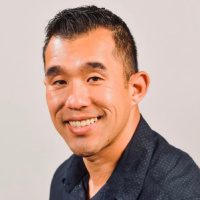
Paul Peng is an army veteran of 9 years as a military policeman with 2 combat tours to Iraq. When he left the service he worked for about a decade in the Port of Los Angeles and Long Beach as an Operations Manager. Paul started Sentri Institute in late 2019 with a focus on “Saving Lives Through Training.” Everything they do are steps YOU can take as an individual to make sure YOU are safe in YOUR environment. He holds a master’s degree in political science from California State University, Fullerton. Connect with Paul on LinkedIn.
